Roman concrete
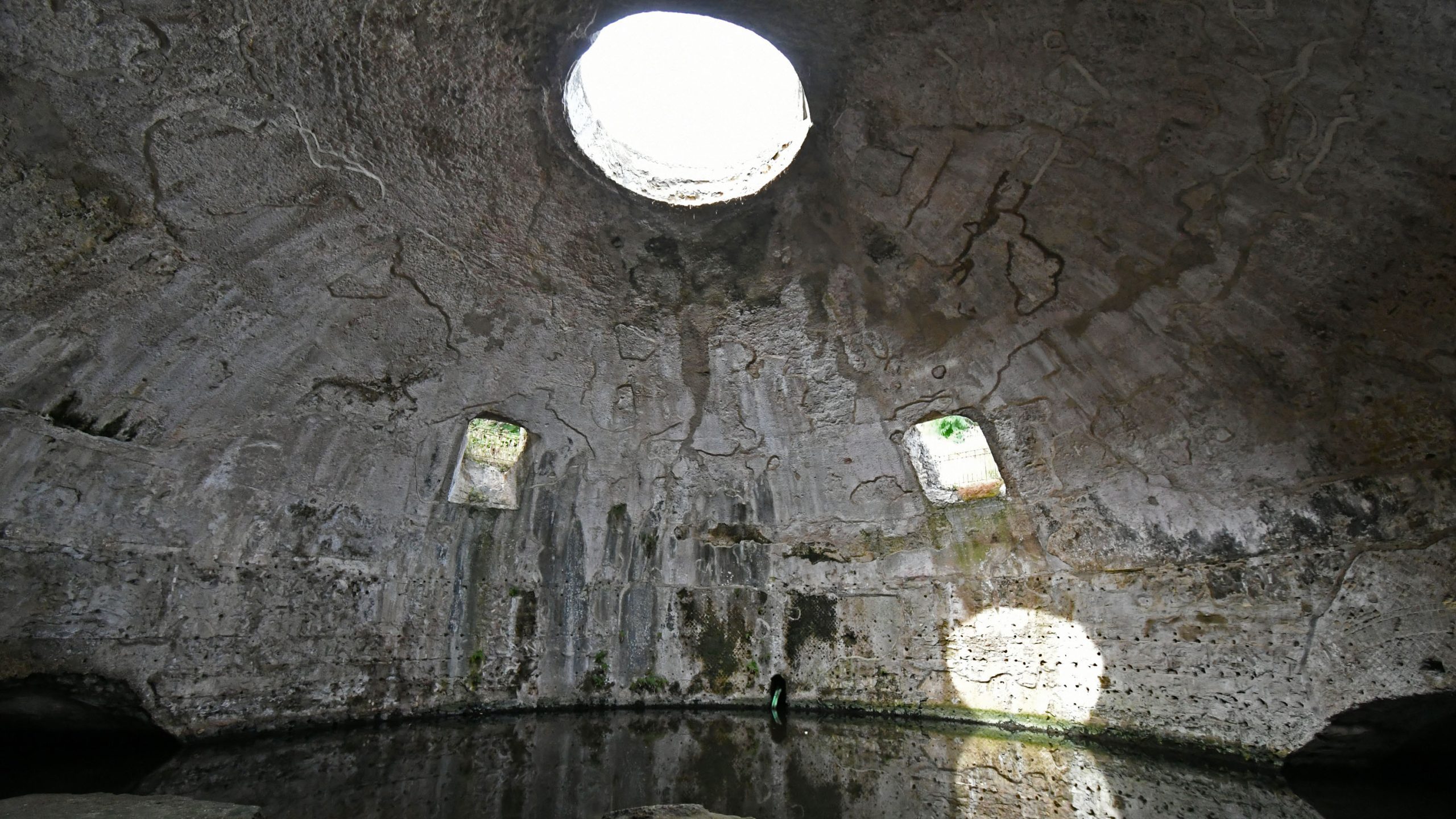
For years, scientists and engineers puzzled over the durability of Roman concrete, which is capable of outlasting the concrete used in modern construction. In early 2023, MIT researchers finally solved the mystery when they discovered that lime clasts added to the mixture gave the final product self-healing properties, allowing the concrete to resist chemical erosion.
Healthy fast food was widely available
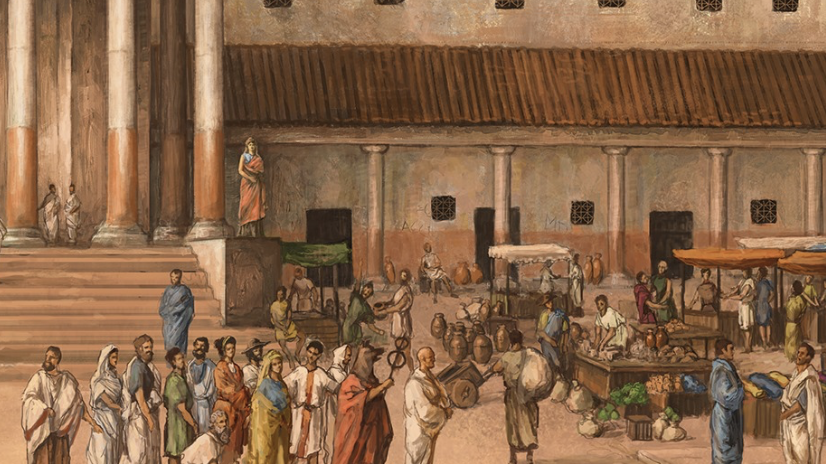
Romans basically invented the concept of fast food, with street vendors selling cheap, tasty snacks that could be prepared in minutes. Unlike the majority of modern fast food, however, Roman fast food was actually healthy, made from fresh ingredients with an emphasis on vegetables and lean proteins.
Effective plumbing was the norm
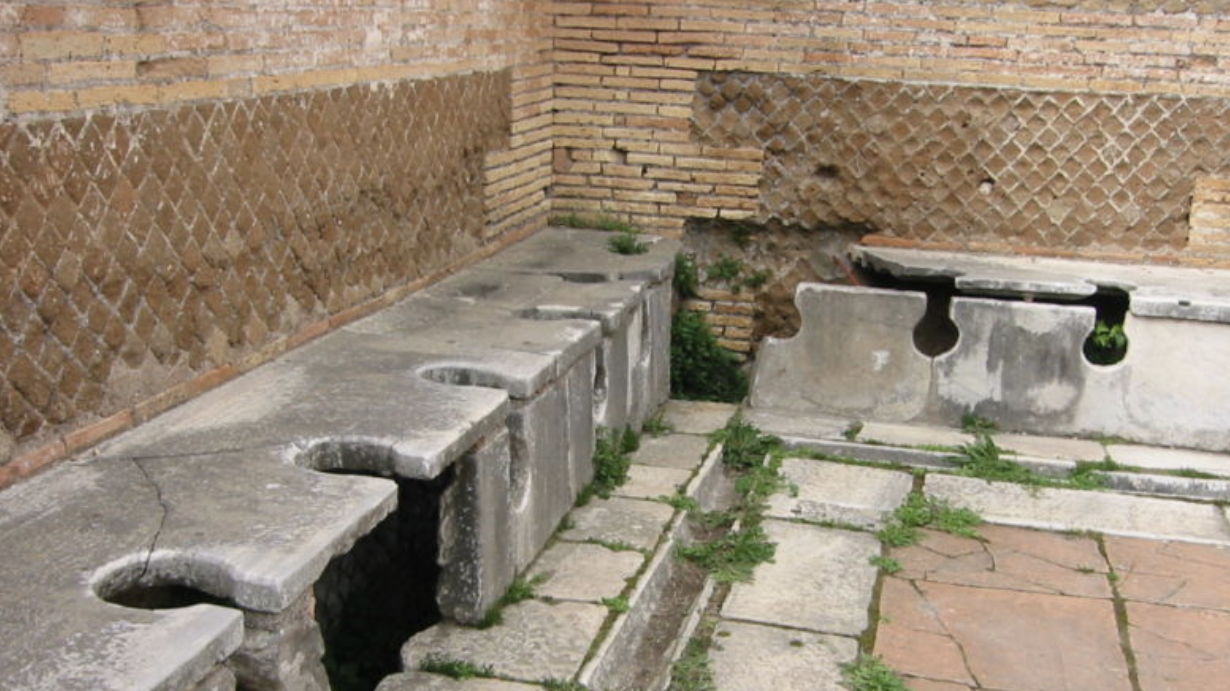
As the Roman Empire spread throughout the world, it brought effective plumbing and drainage systems with it. These sewage systems were incredibly reliable, hugely improving the quality of life for citizens of Roman towns. This is especially impressive in light of the fact that many parts of the world still lack modern, reliable plumbing.
Settlements were carefully planned
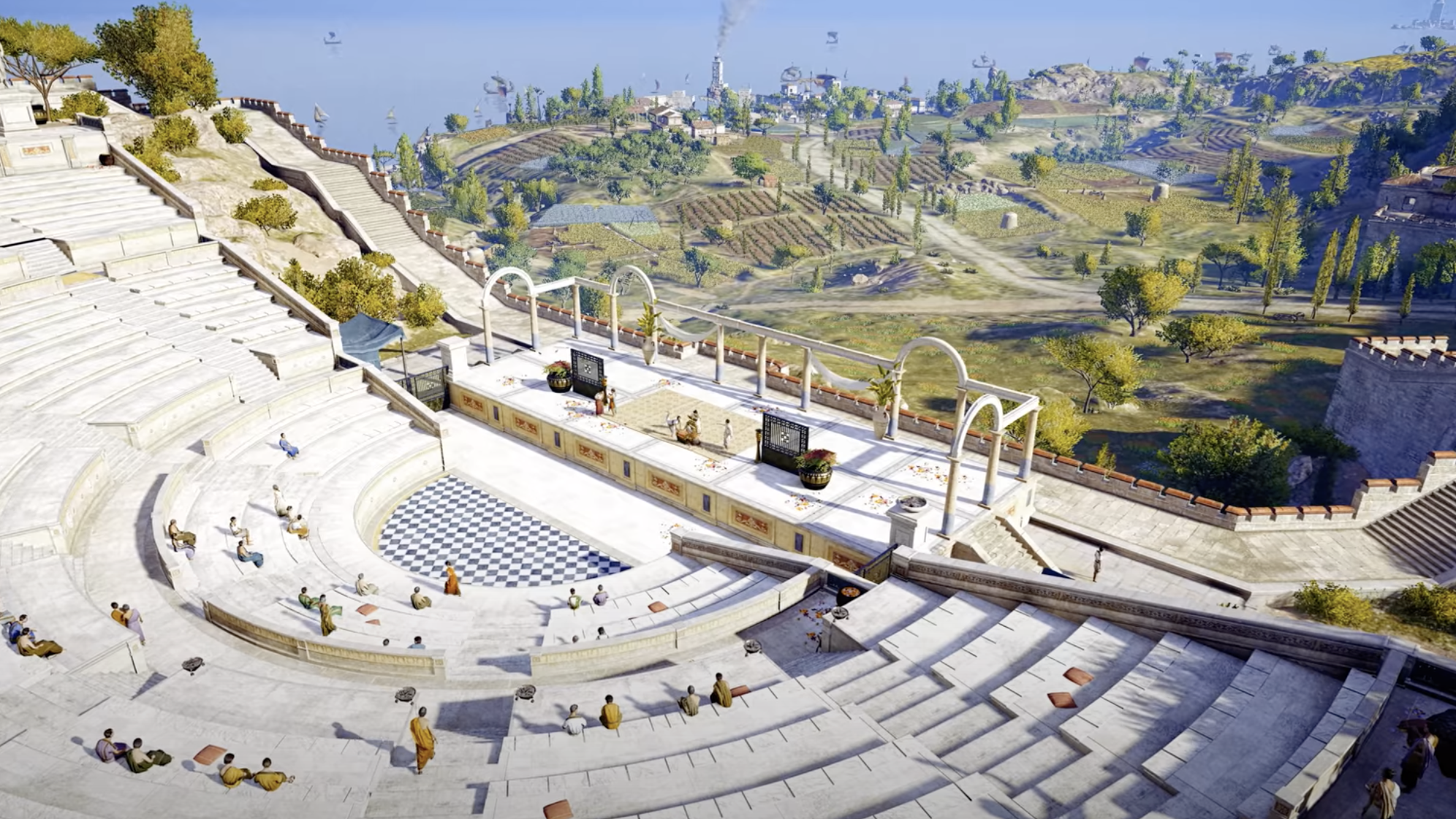
While the Romans were far from the first civilization to build large settlements, they were pioneers in town planning. Construction was carefully organized to ensure optimal layouts, which improved efficiency and prevented areas from becoming overcrowded. Modern towns built on the remains of Roman settlements are often notably better laid out than their more recently built counterparts.
They were capable of bigger architectural projects than modern societies
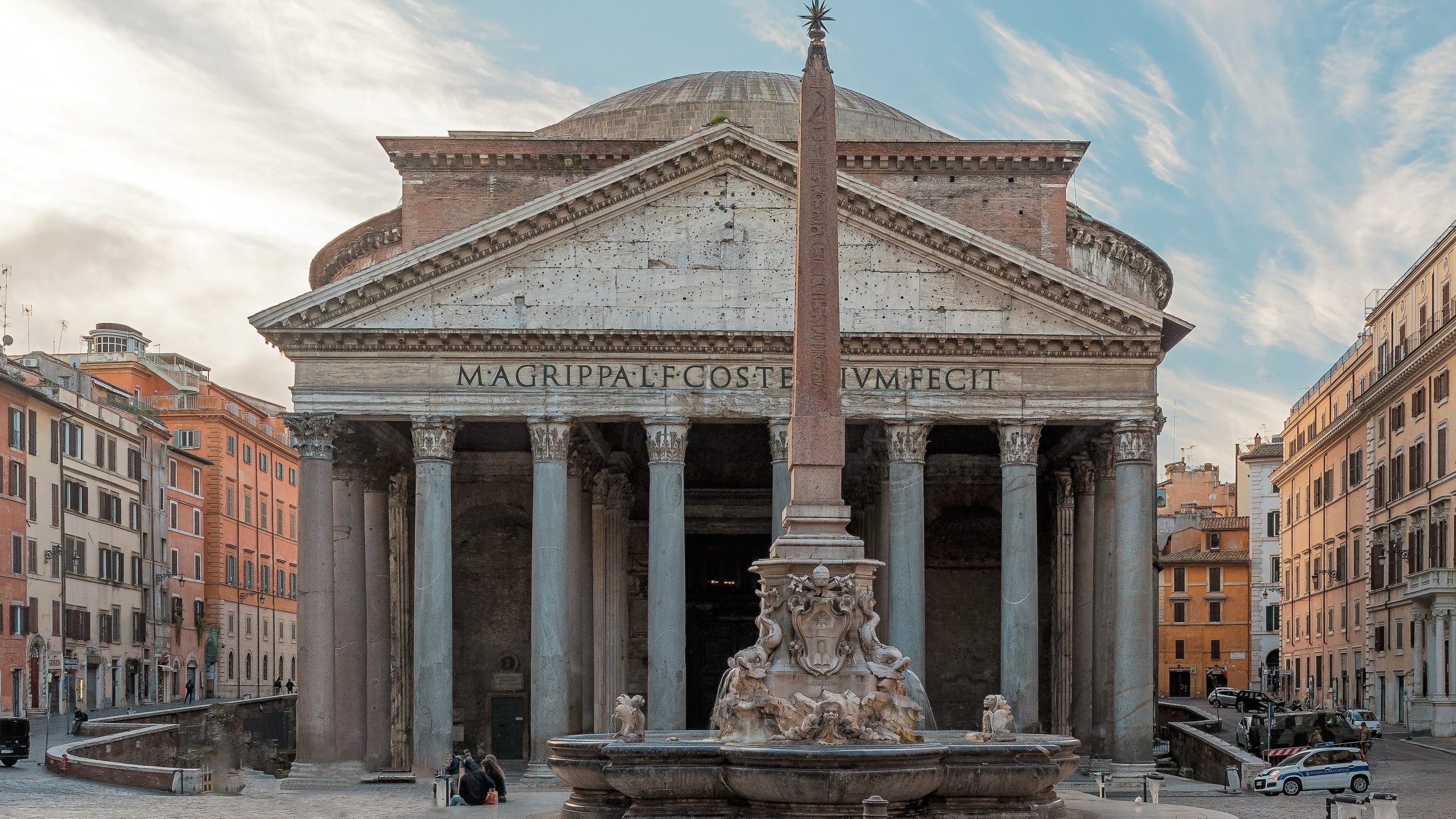
When it came to construction, the Roman Empire had a number of advantages over modern societies. Authorization could often be given by a single person, meaning projects didn’t get tangled up in red tape and regulations. The result was remarkable architectural achievements like Hadrian’s Wall, which ran for 73 miles and stood at a height of 15 feet.
Roads were well-maintained
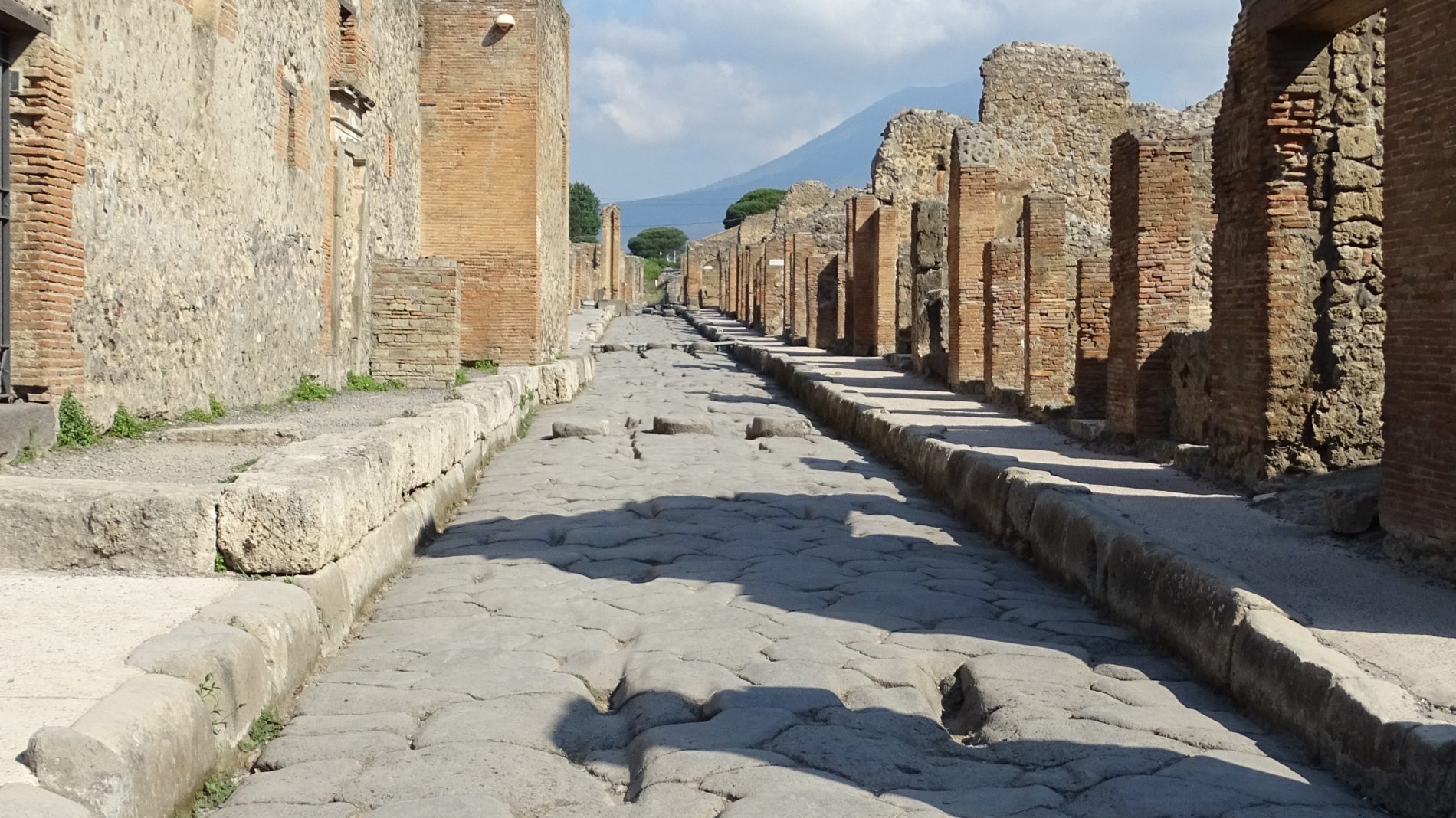
The Roman Empire is famous for its pioneering use of roads, which it constructed across much of Europe and Africa to facilitate the smooth travel of goods and services. Unlike many modern societies, the Romans also ensured that their roads remained well-maintained, as even a single road falling into disrepair could disrupt the flow of trade or troops.
There was a single currency
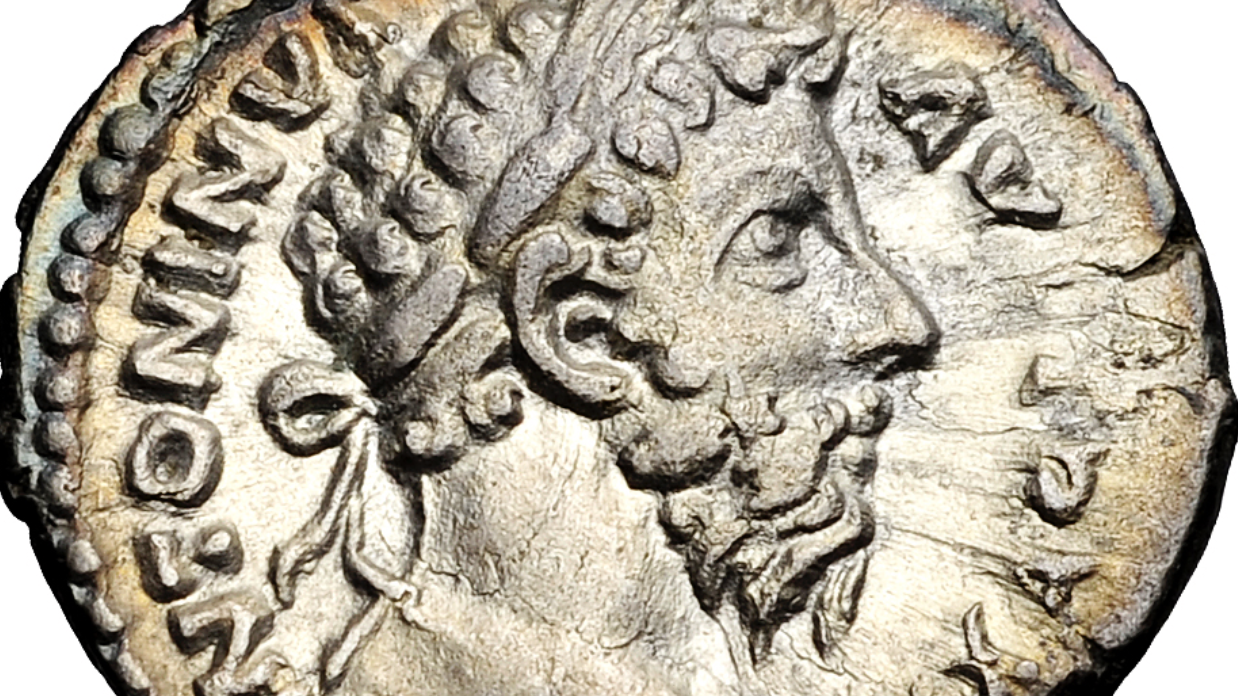
While the Roman Empire wasn’t the first civilization to use coins, it was the first to implement a single form of currency. This meant that you could travel anywhere within the Empire without having to worry about rates of exchange, which made traveling considerably easier and boosted trade.
Same-sex relationships were accepted
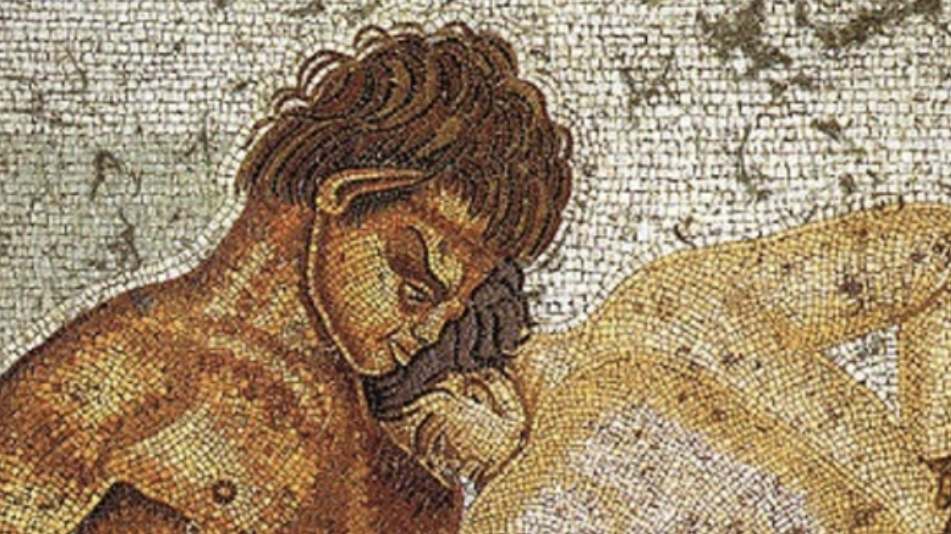
Homosexuality wasn’t stigmatized in the Roman Empire, and most Roman Emperors seem to have been involved in same-sex relationships. This also extended to the citizenry, demonstrating Romans had much more enlightened views about homosexuality than are still common in many parts of the modern world.
Records were kept of everything
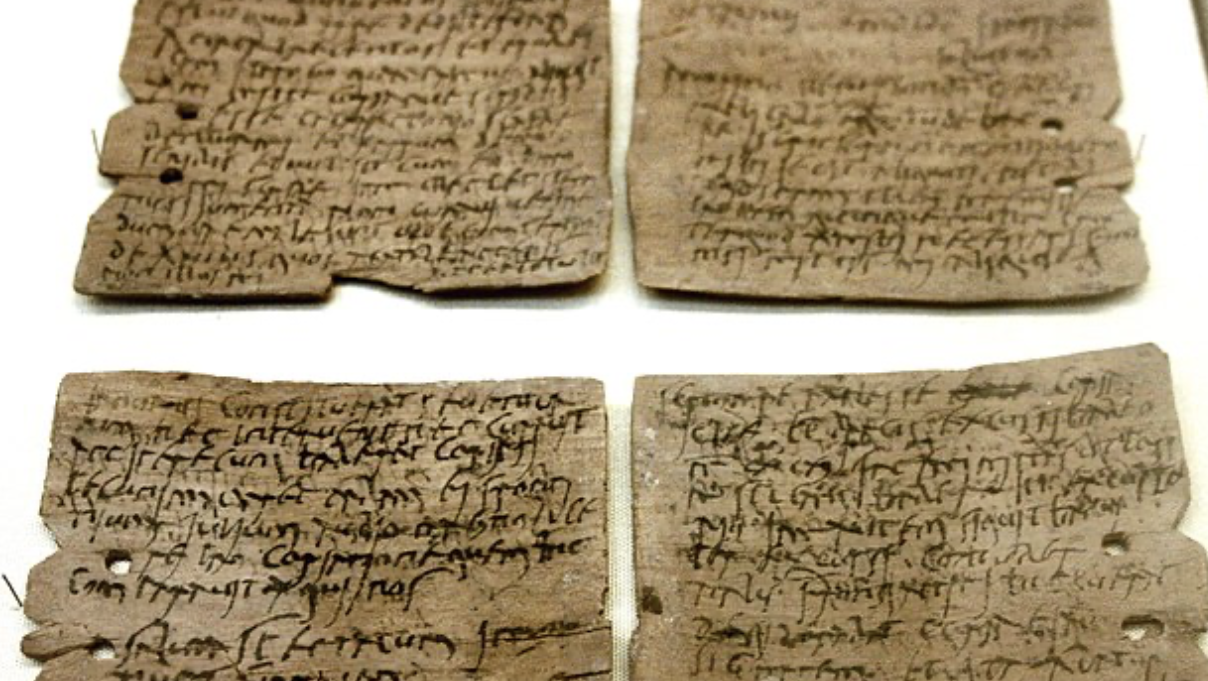
The Romans were big proponents of keeping records, and they meticulously catalogued everything from weapons stocks to bureaucratic decrees. While this was probably tedious at times, it also meant that legal or civil disputes could be easily resolved, taking a lot of strain off the courts.
Underfloor heating was common
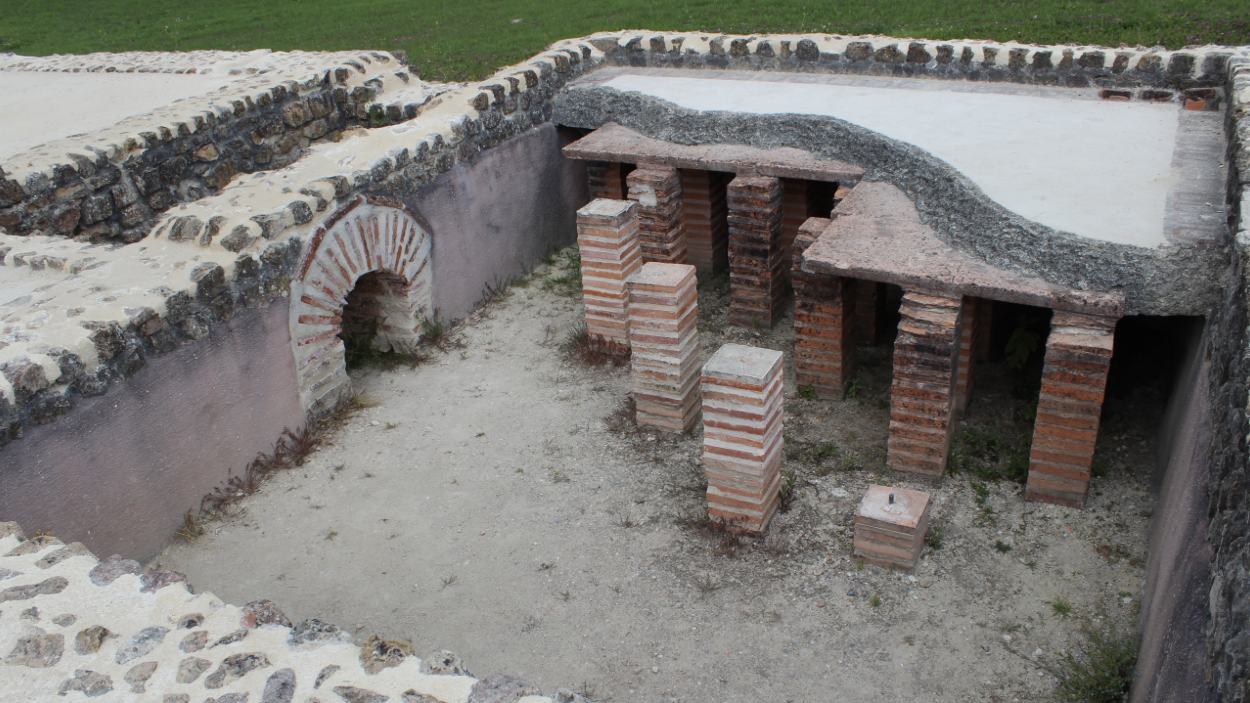
Central heating is pretty common in most developed parts of the world, but – once again – the Romans had it better. In addition to modern central heating systems, many Roman buildings also had raised floors, which meant Romans could heat their homes simply by lighting a fire in a stoke hole.
There was a standardized language
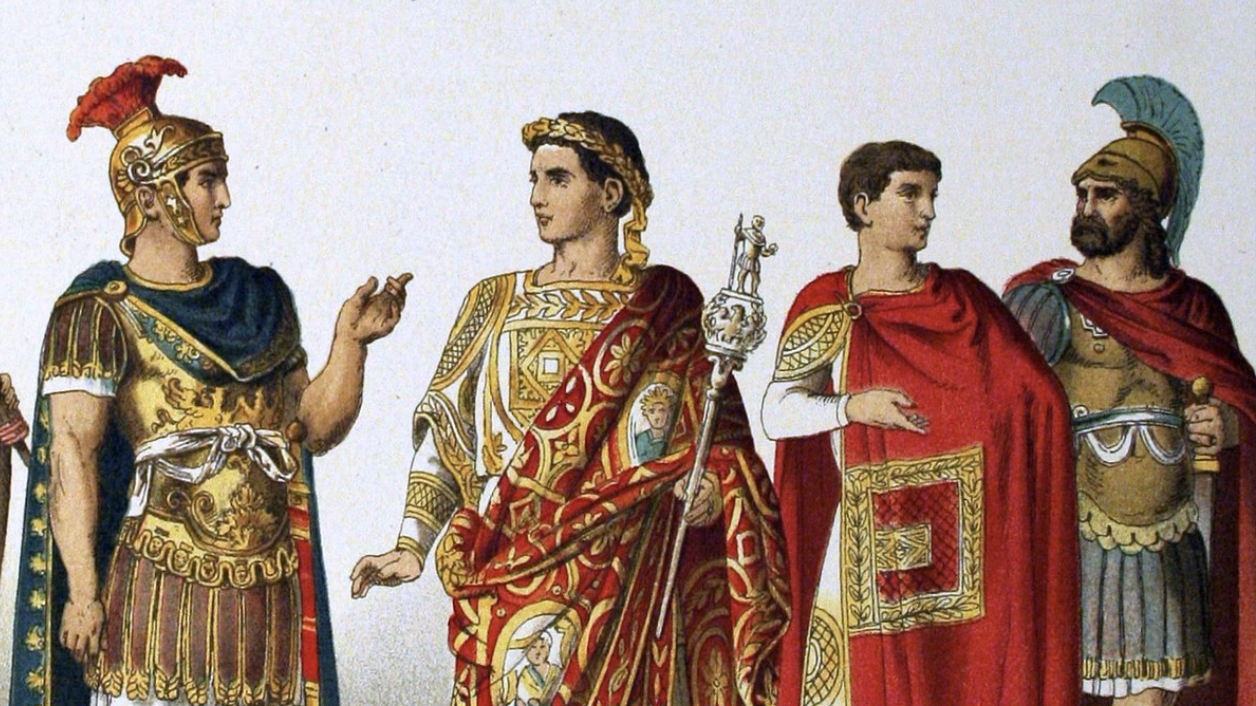
Latin was the language spoken by citizens of Rome, and the Empire took this language with it wherever it went. While conquered regions carried on speaking their own languages, they also adopted Latin into their legal systems. If the Roman Empire had succeeded in conquering the world, there’s a good chance everyone would be speaking the same language today, which would obviously carry a number of advantages.
They were forward thinking about suicide
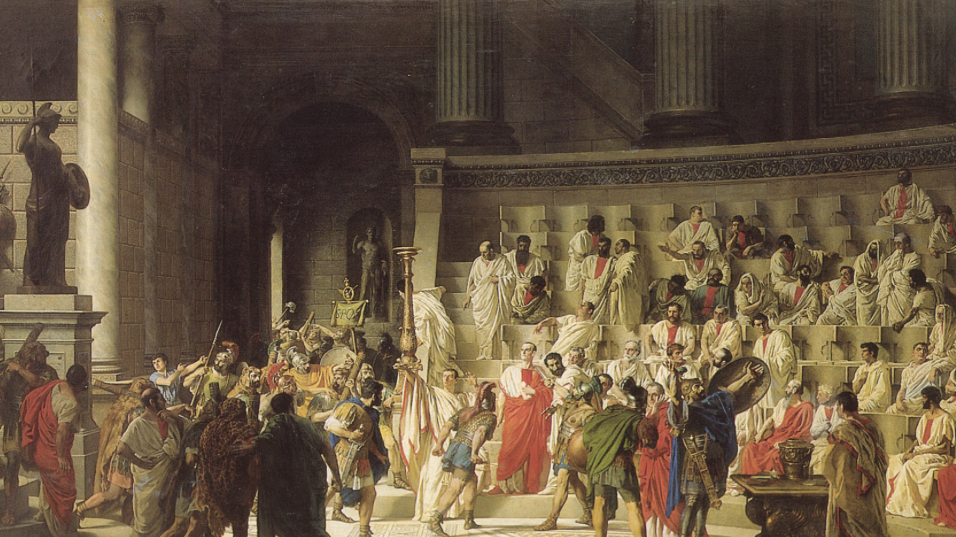
Suicide is still illegal in many parts of the world, with people sometimes punished for failed attempts. The Roman Empire, on the other hand, was somewhat forward thinking when it came to suicide. If you wanted to first take your own life, you first had to make your case to the Senate, which could then issue a suicide permit if your reasons were valid.
They were cautious about alcoholism
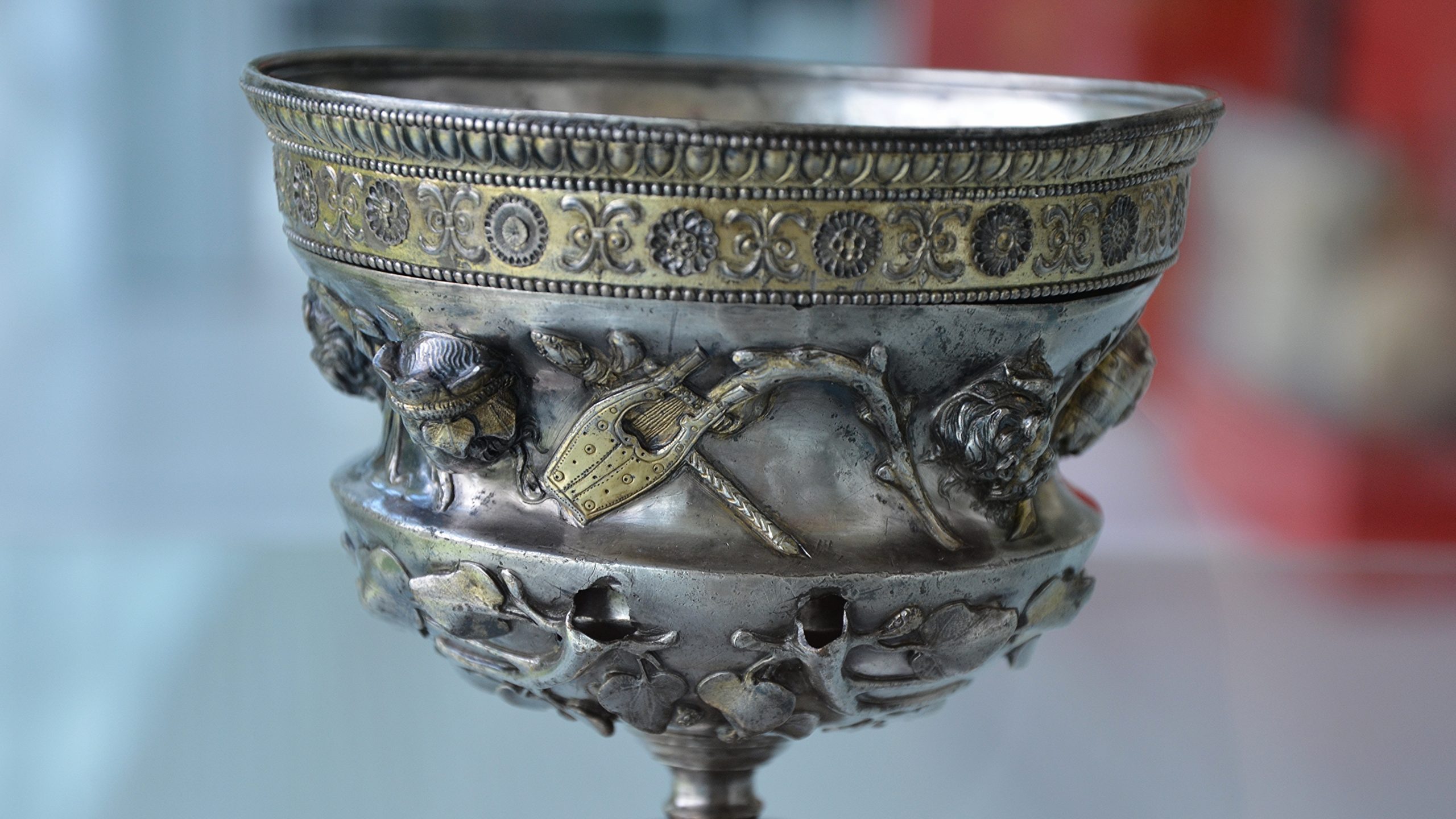
Wine was the drink of choice in the Roman Empire, with even the poorest households generally drinking it instead of water. However, wine was almost always served diluted, to lessen its intoxicating effects and potential for abuse, and undiluted wine was seen as a drink fit only for barbarians.
Education was taken very seriously
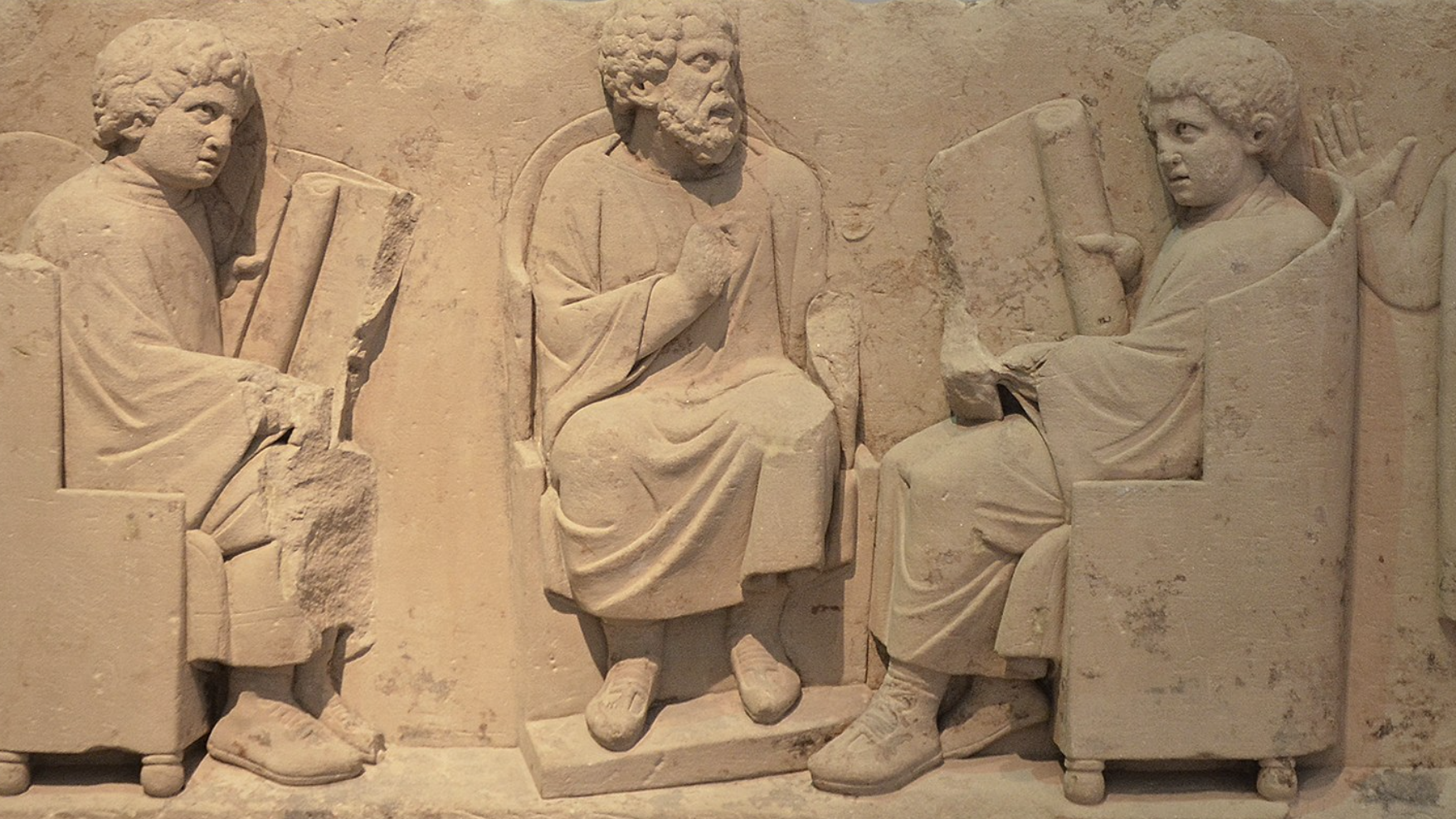
The Romans believed that education was extremely important, with schools covering a wide range of topics including maths, history and philosophy. Children spent seven days a week at school until the age of 12 – emphasizing quite how seriously Romans took education – and a typical school day would last from sunrise until sunset.
Humility was important
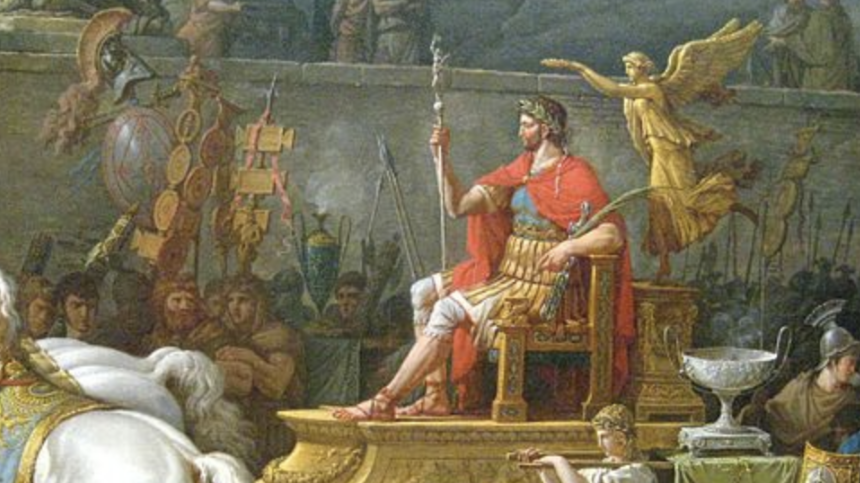
In recent years, a number of psychologists have raised the alarm over increased levels of narcissism – particularly in young people – with social media believed to be responsible. By contrast, Romans believed that it was important to remain humble. Top generals even kept slaves who repeatedly whispered “memento mori” (“remember your mortality”) to them after a victorious battle.
Workers could trademark their goods
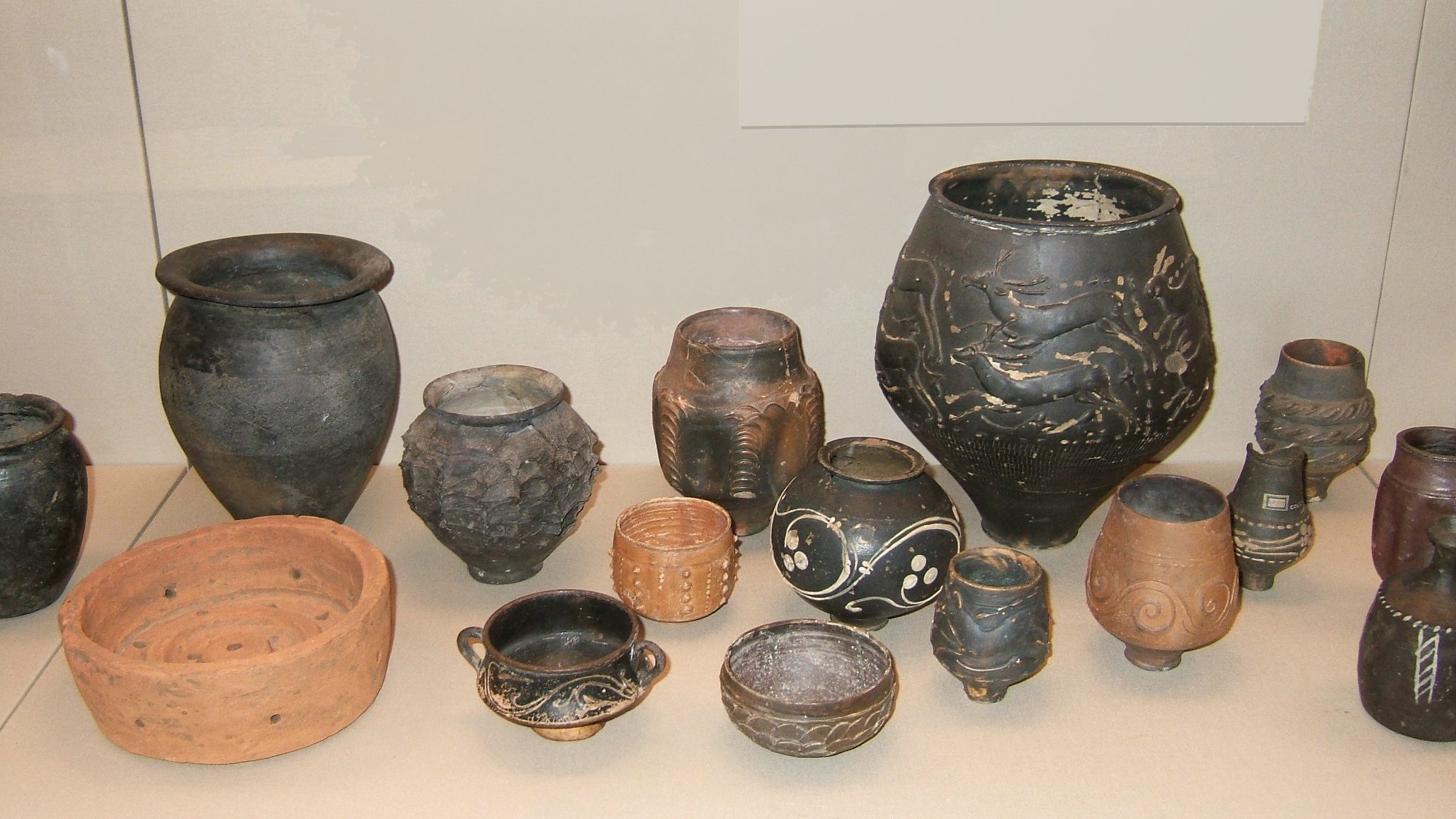
These days, if you want to secure a trademark for a product you’ve created, you have to go through a lengthy, complicated process and pay a fee. Trademarking was much simpler in the Roman Empire, with craftsmen simply stamping their names on their wares. This basically served as advertising, as quality goods could be easily traced back to their manufacturers.
Protesting was tolerated
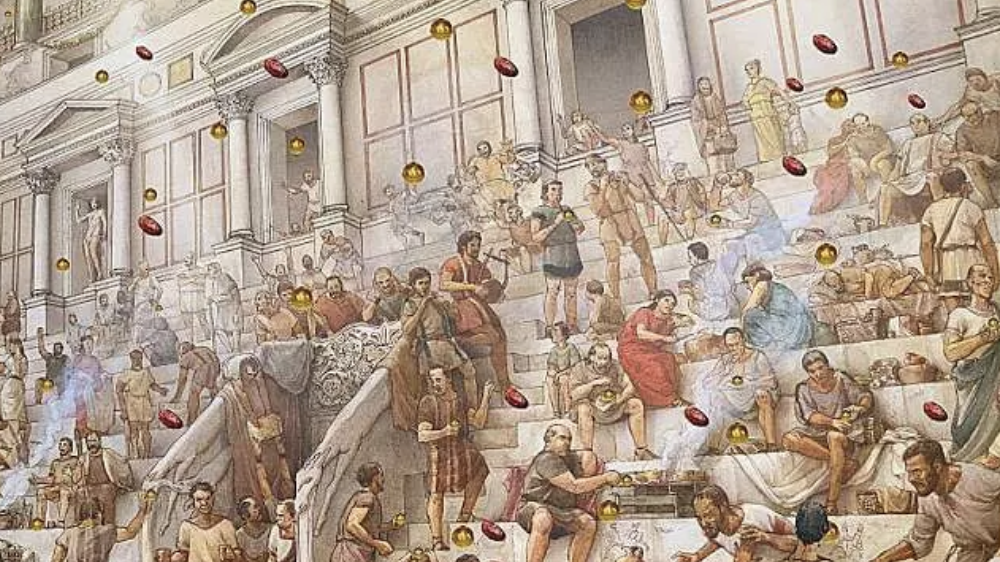
The right to protest is vital to a healthy society; unfortunately, in many countries around the worlds, protests are still (sometimes violently) stifled. Protesting in the Roman Empire was mostly tolerated, however, and it wasn’t unusual to see protests against everything from tax increases to the brutality of the Colosseum games.
Work-life balance was better
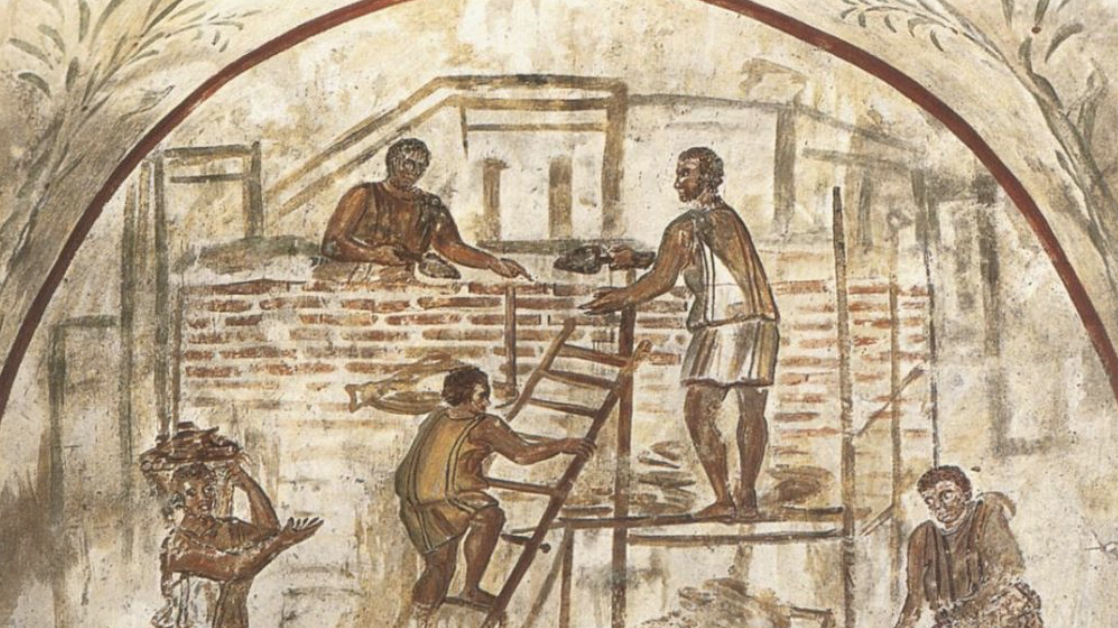
The average workday in the United States is almost ten hours, which is four hours more than a typical Roman citizen could have expected to work in a day. Romans fervently believed in the important of leisure time – which would generally be spent playing sports, attending live entertainment or just relaxing – and as a result their workday was only about six hours long.
There was free healthcare
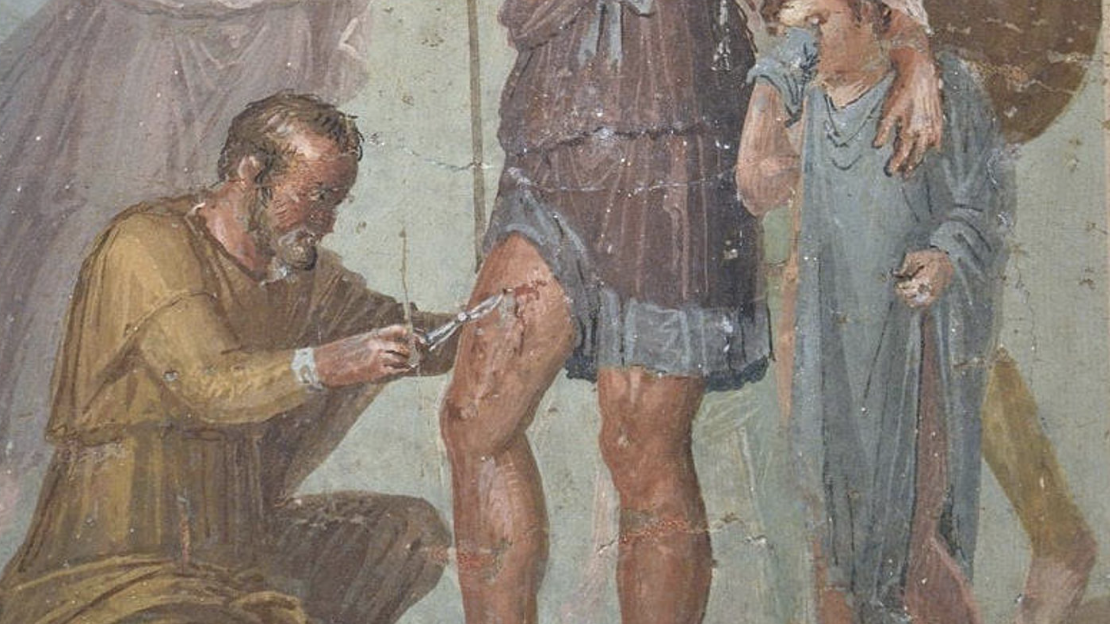
The Roman Empire ensured that there were adequate hospitals and medical facilities in all the settlements under its control, and cities employed large numbers of doctors. Healthcare was available to all citizens, and – in the later years of Empire – it could even be accessed by slaves.
Pollution was virtually nonexistent
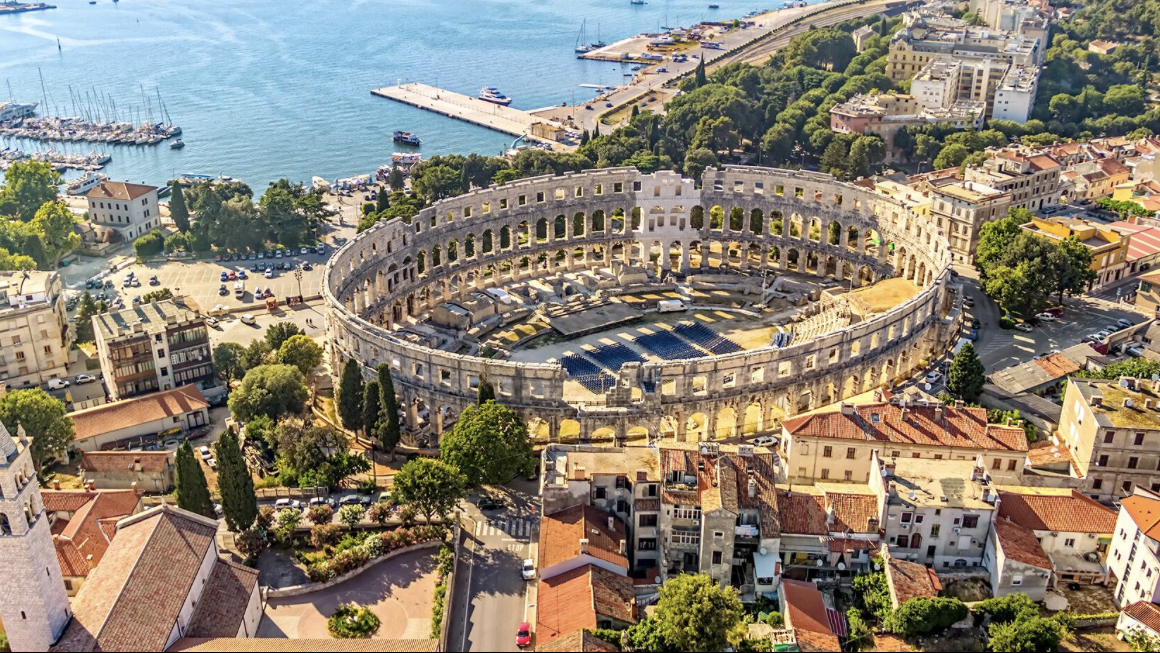
The Romans made use of a number of power sources – including wind and solar – and it’s been hypothesized that they also made of use steam. Since the Romans didn’t use any combustible fuels apart from wood, air quality in settlements would have been considerably better than it is in most modern cities.
Racism was uncommon
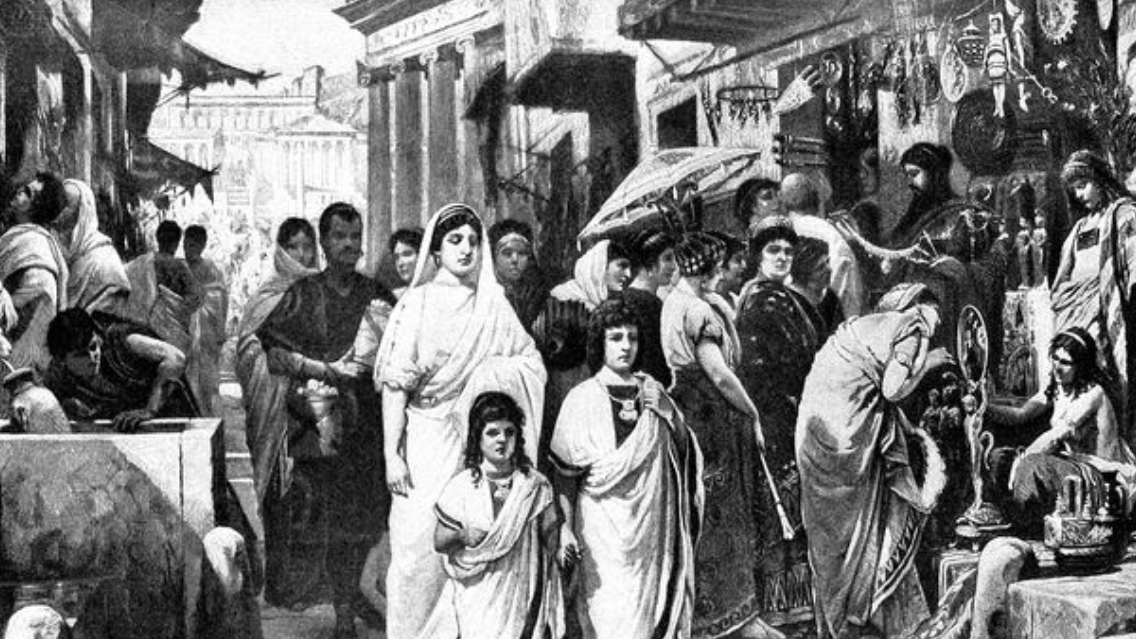
Roman society was predominantly divided along class lines, and – while this was problematic in its own way – it meant that racism wasn’t really a feature of Roman life. Since so many countries fell under the Roman Empire’s rule, its citizenry was incredibly ethnically diverse, and racial discrimination was uncommon.
There was a lot of freedom
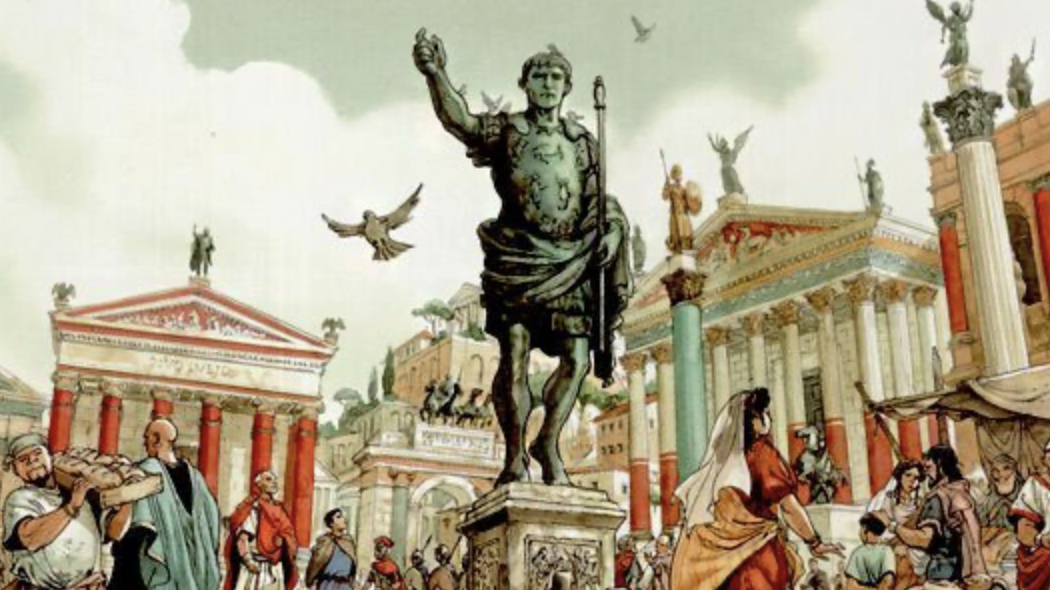
While the power wielded by the Roman Emperor was close to absolute, the government didn’t generally interfere in the lives of everyday citizens. Unless you committed a crime or fomented dissent, you were pretty much left free to spend your time in whatever way you saw fit.
They had a holistic view of health
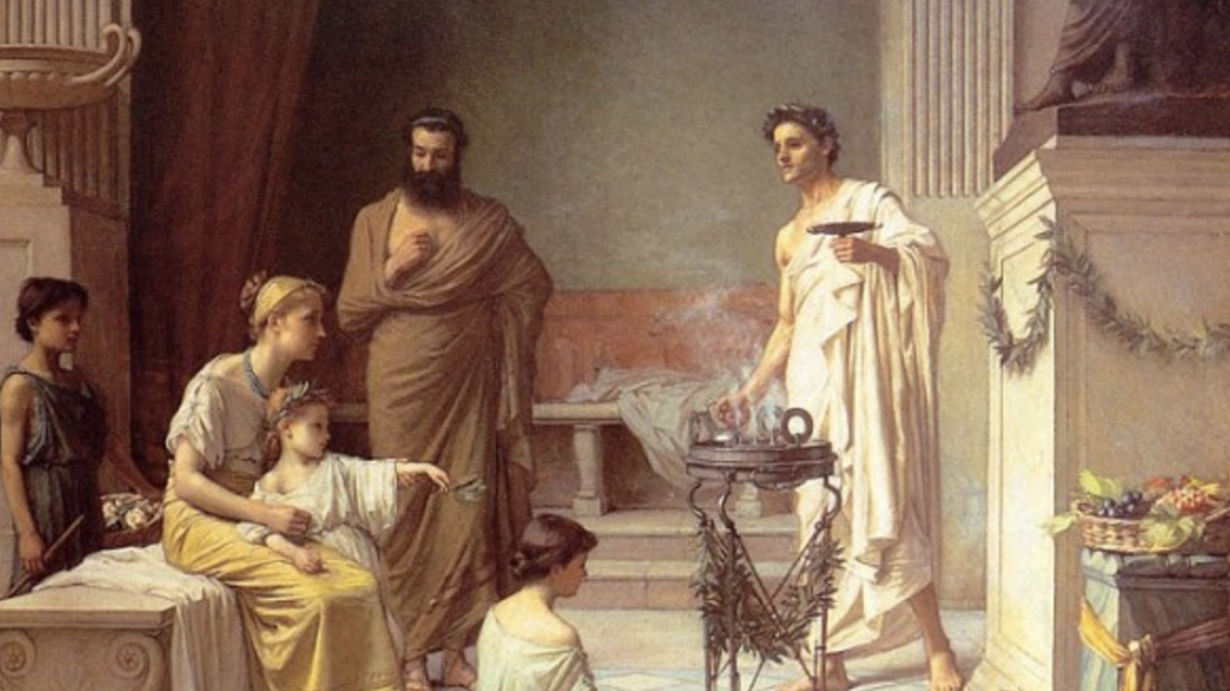
Medicine advanced dramatically under the Roman Empire, but the civilization also had a holistic view of health that has arguably been lost in many developed countries. Roman citizens were educated about nutrition, and regular exercise was widely encouraged, with the Romans inventing a number of recreational sports.
Housing was affordable
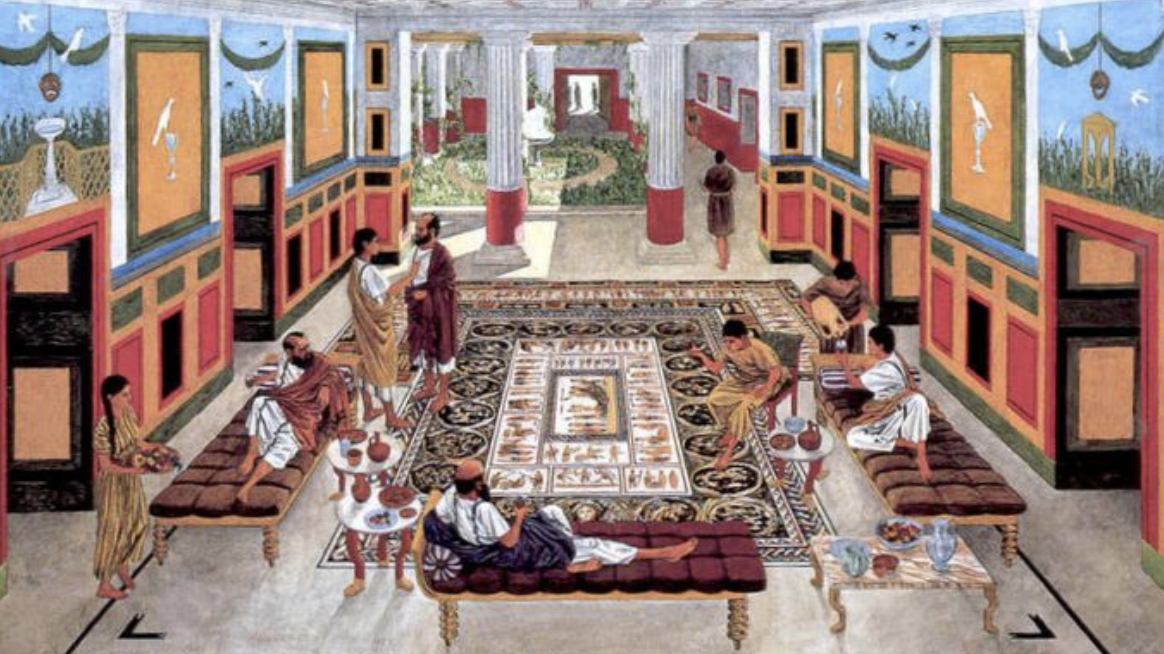
In addition to a great work-life balance, most Roman citizens had access to affordable housing. This would normally be modest but comfortable – kitted out with a range of amenities including rudimentary central heating – and it would be spacious enough for an entire family to live in.
Diets were healthier

In recent years, many nutritionists have started recommending the so-called ‘Mediterranean diet’, which is high in grains, olives, vegetables and lean meats like chicken or fish. This is what most Roman citizens would have eaten on a regular basis, meaning levels of disease and obesity were much lower than they are today.
Clean water was widely accessible
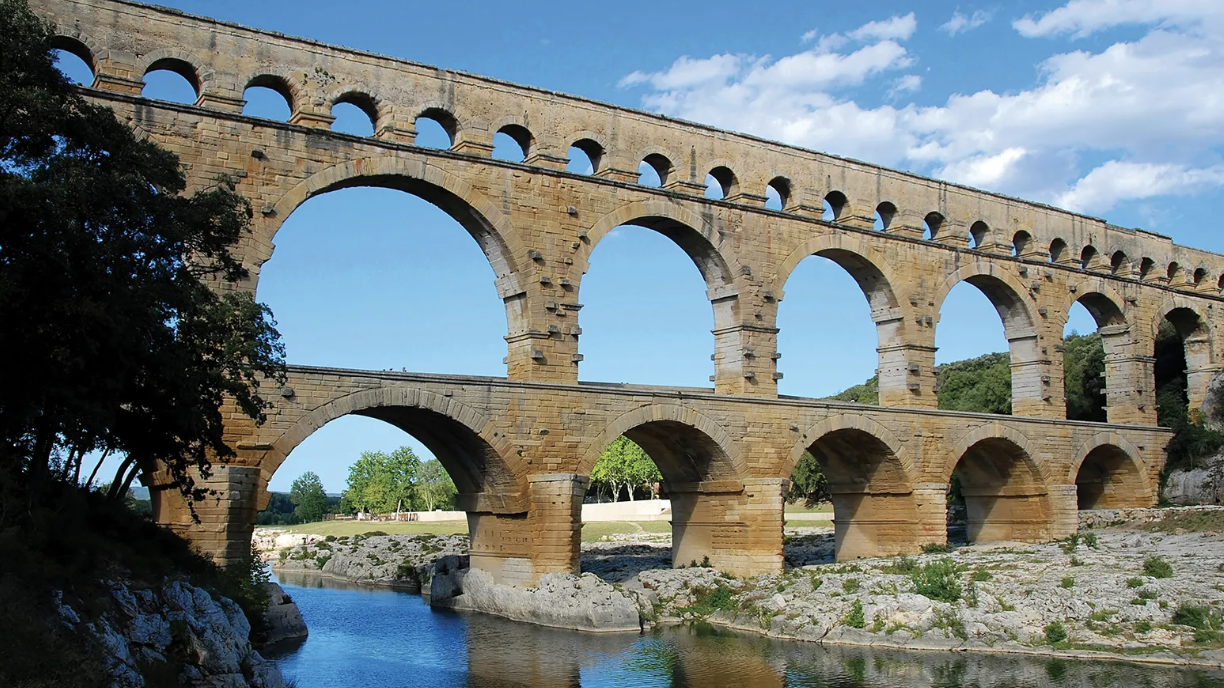
Tragically, there are still many parts of the world with limited access to clean, safe drinking water. This wasn’t a problem in the Roman Empire, however, thanks to the construction of vast aqueducts which carried fresh water from mountains to settlements. The aqueduct is one of the most celebrated feats of Roman engineering.
Citizens were well informed
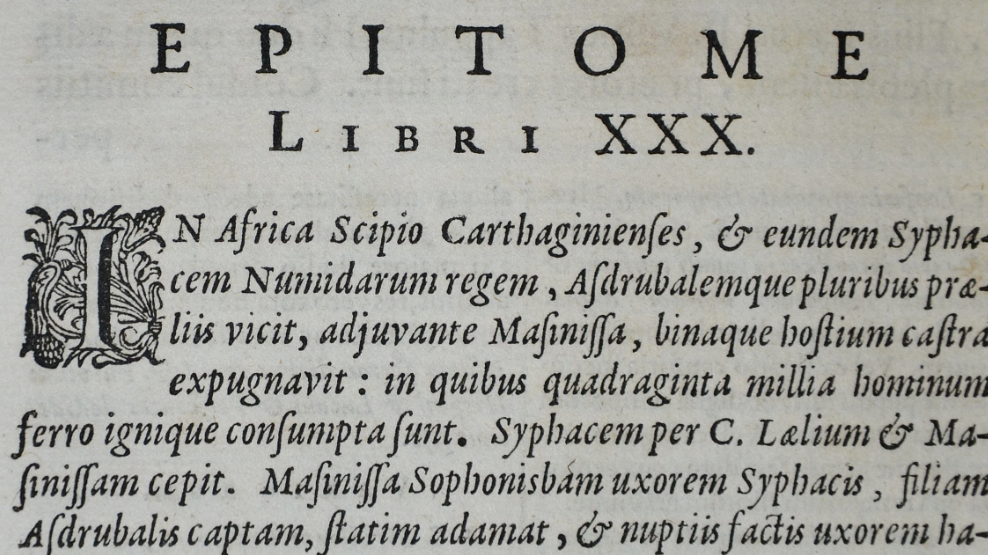
Acta Diurna – which translates to “daily acts” – were essentially ancient newspapers that the Roman Empire used to keep its citizens informed. Carved on metal or stone and then displayed in busy areas, these Acta Diurna kept citizens abreast of military, political and cultural developments, ensuring that Romans were well aware of what was going on within the Empire.
There was a successful welfare state
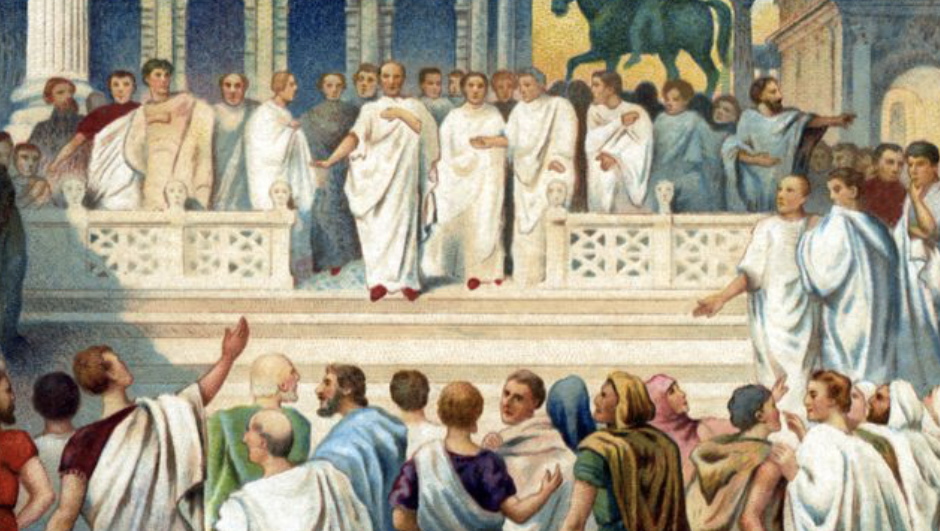
The Roman Empire cared about its citizens, and it had a number of welfare schemes to ensure that the neediest members of society were looked after. One such law – known as “lex frumentaria” – allowed poor members of the Empire to purchase subsidized grain at a heavily discounted rate.
Women were encouraged to study
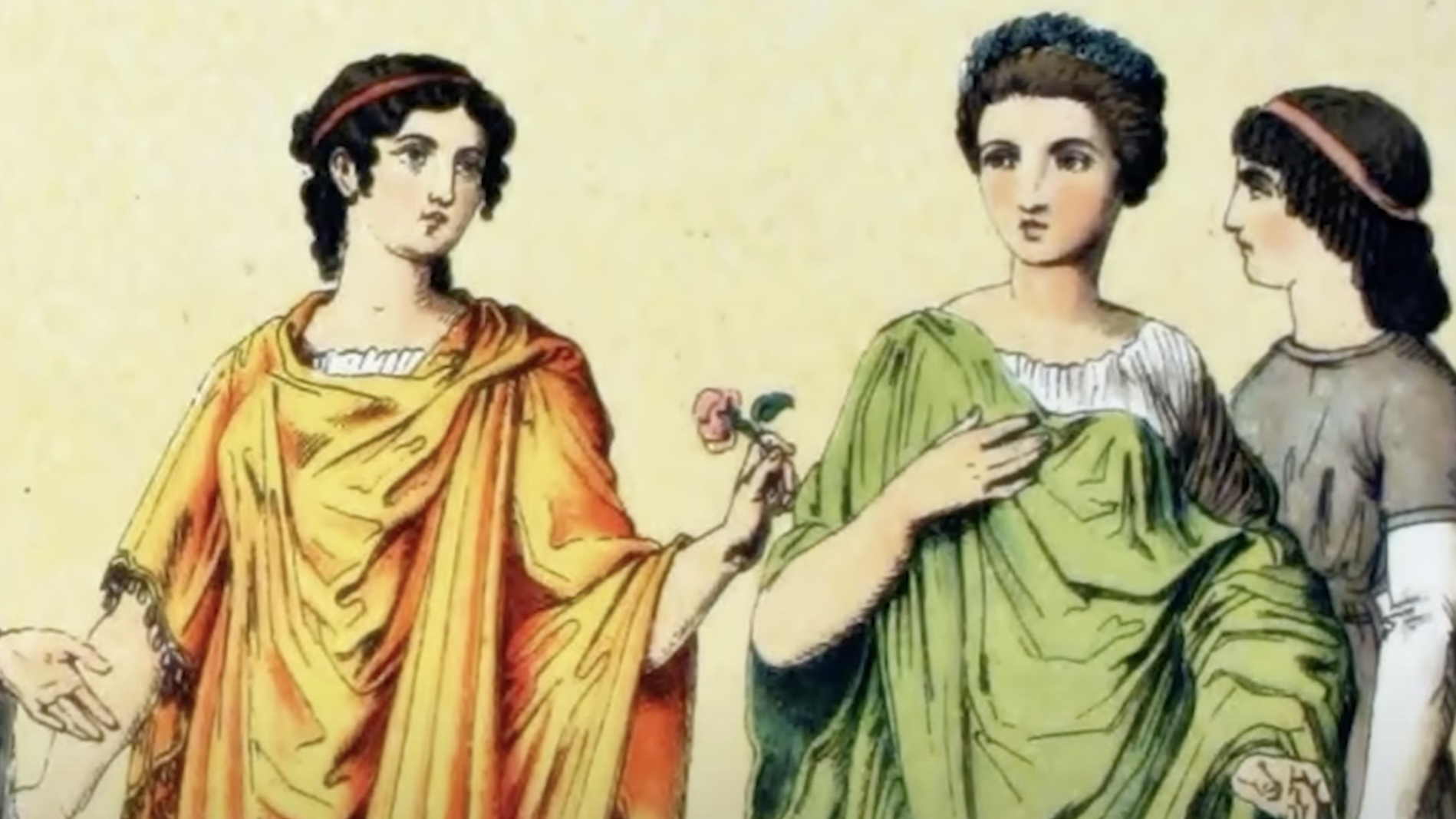
While there are still modern societies that forbid the education of women, the Roman Empire actively encouraged its female citizens to study. Women were also welcomed in traditionally male-dominated field, like medicine, although they weren’t allowed to join the army.
Art was highly valued
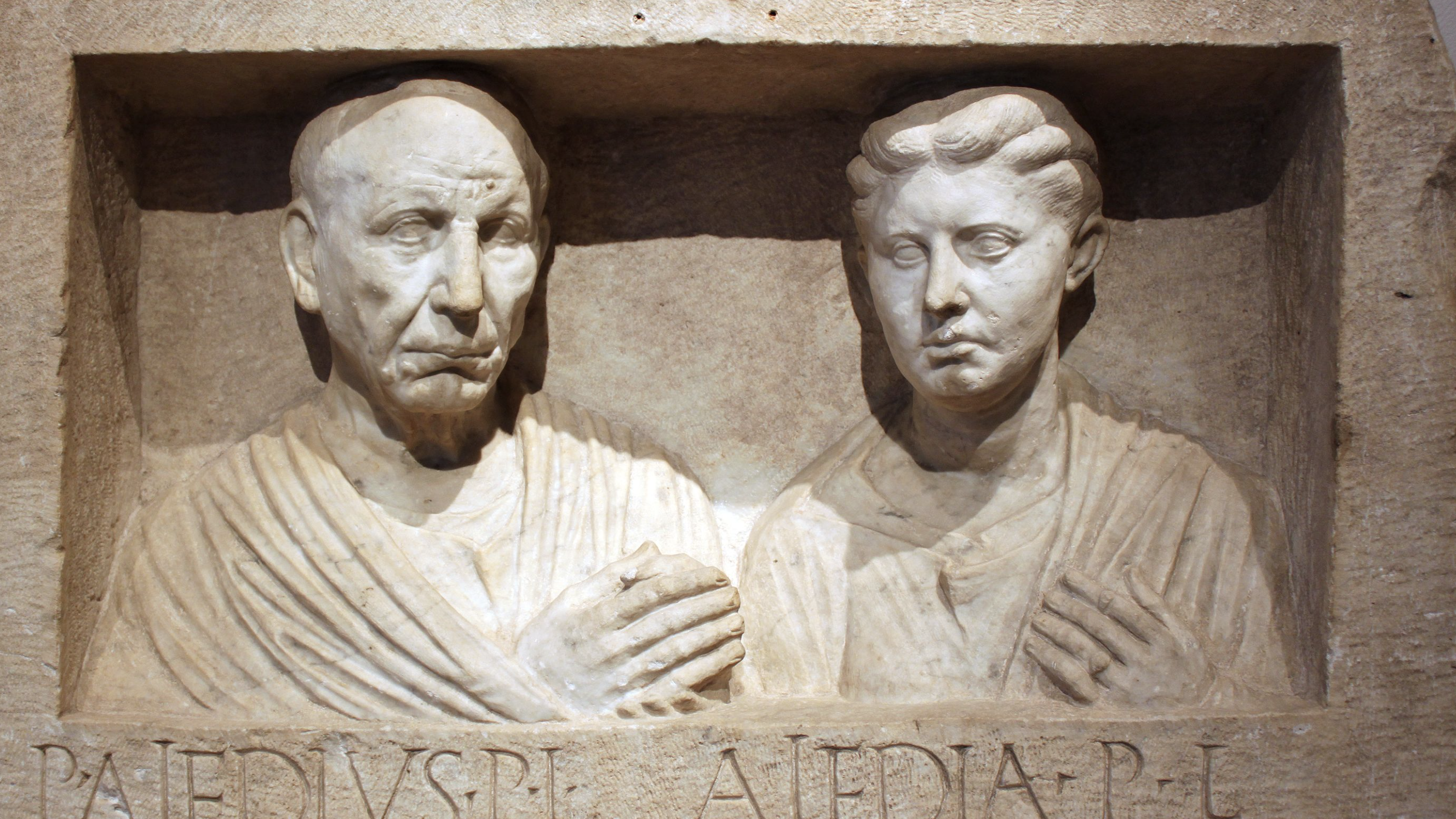
Art played an important part in the lives of many Romans, and it was common for average citizens to paint, sculpt or write poetry during their leisure time. Artists were also highly celebrated, and the government invested in artworks to adorn their cities.
There was a strong justice system
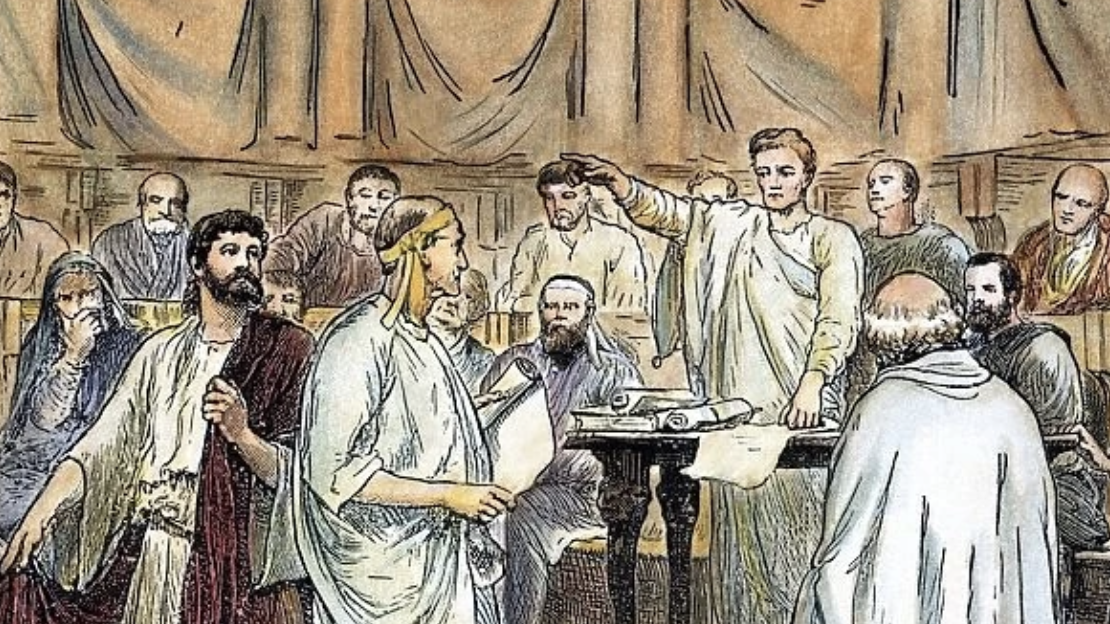
While the punishments meted out by Roman courts could be barbaric, the justice system itself was remarkably enlightened. Court cases took place in front of prominent Roman citizens, and defendants were given the chance to state their case, before a verdict was decided by a judge.
Surgery was advanced
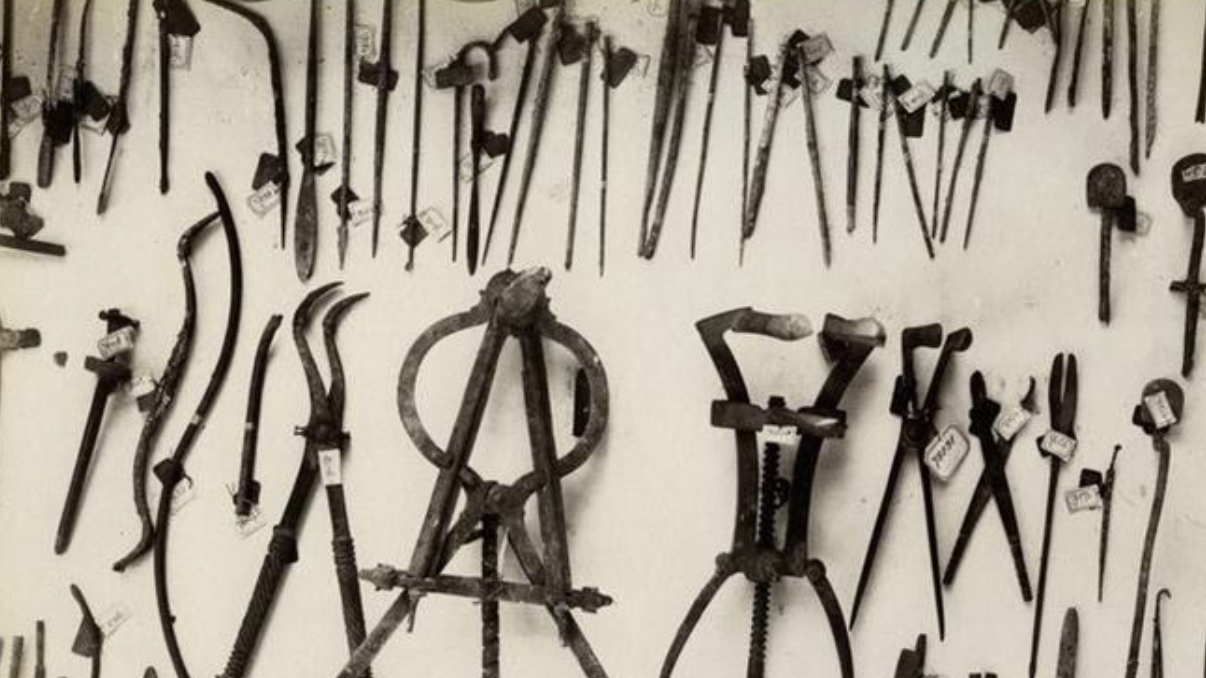
Given the fact that the Roman Empire was fond of conquest, it’s not that surprising that its field doctors soon became experts in surgery. Arterial clamps, forceps and rudimentary syringes were all invented to treat soldiers on the battlefield, and these inventions were soon used for the benefit of citizens across the Empire.
Rent was cheap
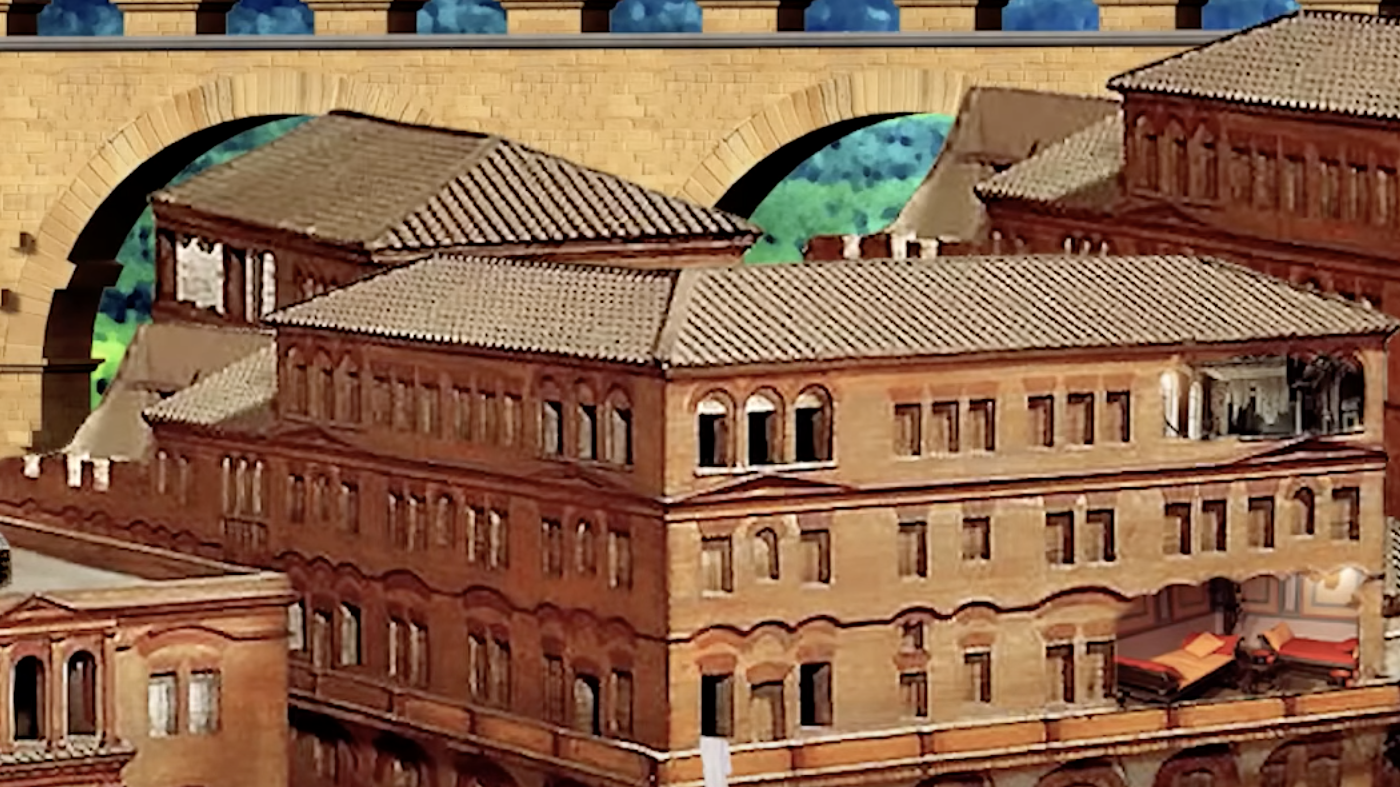
As the Roman Empire grew, population density became a problem in the largest cities. To address this issue, the government built what were in effect the world’s first apartment complexes. These would often have their own markets and areas for leisure activity, and landlords were legally obliged to keep rent affordable.
There was freedom of movement within the Empire
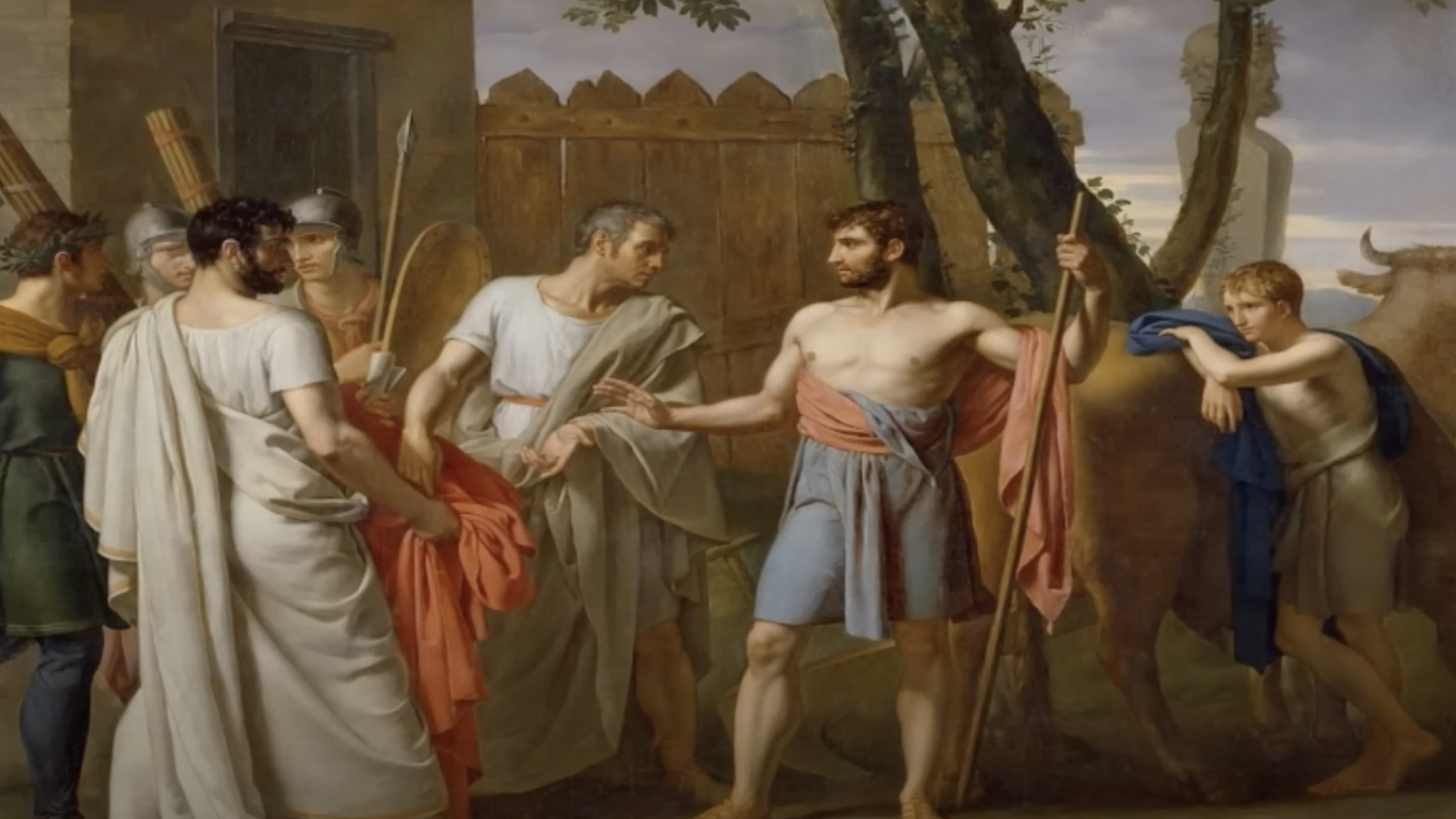
At its peak, the Roman Empire’s territory included much of Europe, as well as parts of Asia and Africa. Roman citizens were able to freely travel throughout the Empire, living and working wherever they pleased. The one exception to this was the frontier regions, which were often embroiled in conflict with rival powers and barbarians.
Attitudes to sex were tolerant
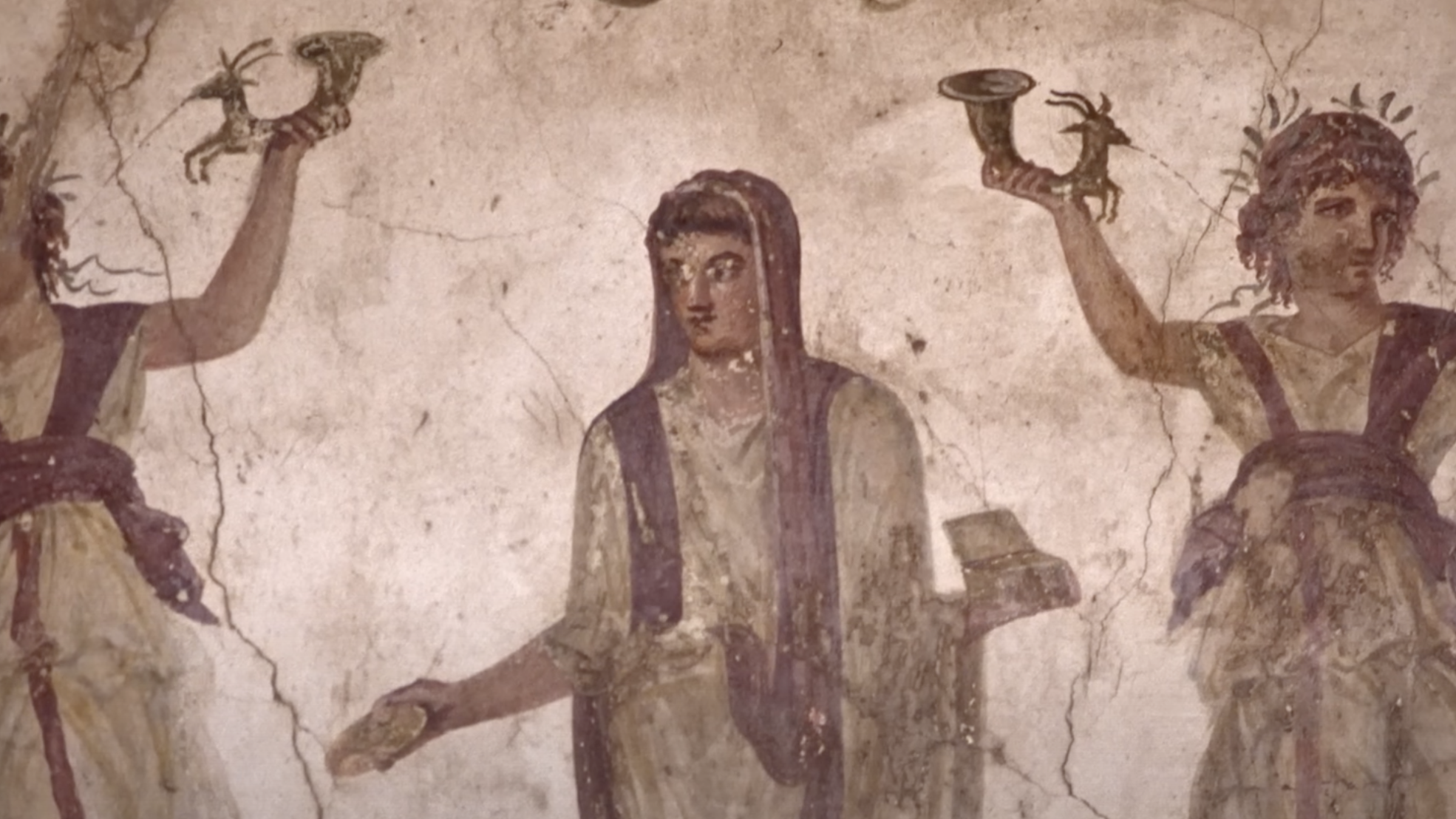
In stark contrast to many modern societies, the Romans had incredibly relaxed views about sex. In addition to tolerating same-sex relationships, Roman citizens were also able to enjoy casual heterosexual flings without any stigma. Some cities even had professional orgy planners, who would organize wild, hedonistic parties for wealthier citizens.
There was political stability
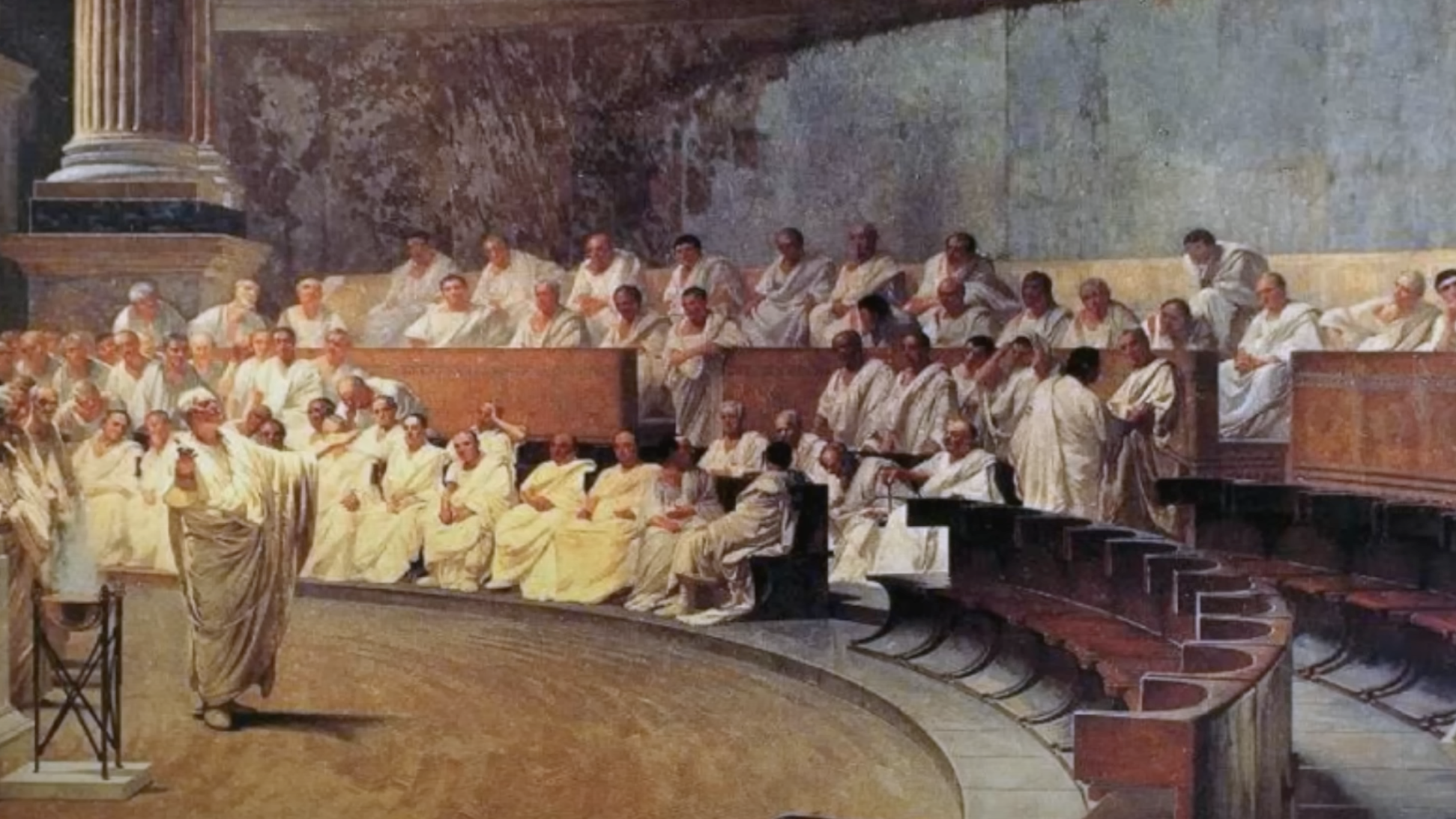
One of the main criticisms of modern democracies is that they make it difficult for governments to actually enact policies. This wasn’t an issue in the Roman Empire. The Pax Romana – a period of political stability in which the economy flourished – was the direct result of the Roman Emperor wielding ultimate power.
The Romans invested in large infrastructure projects
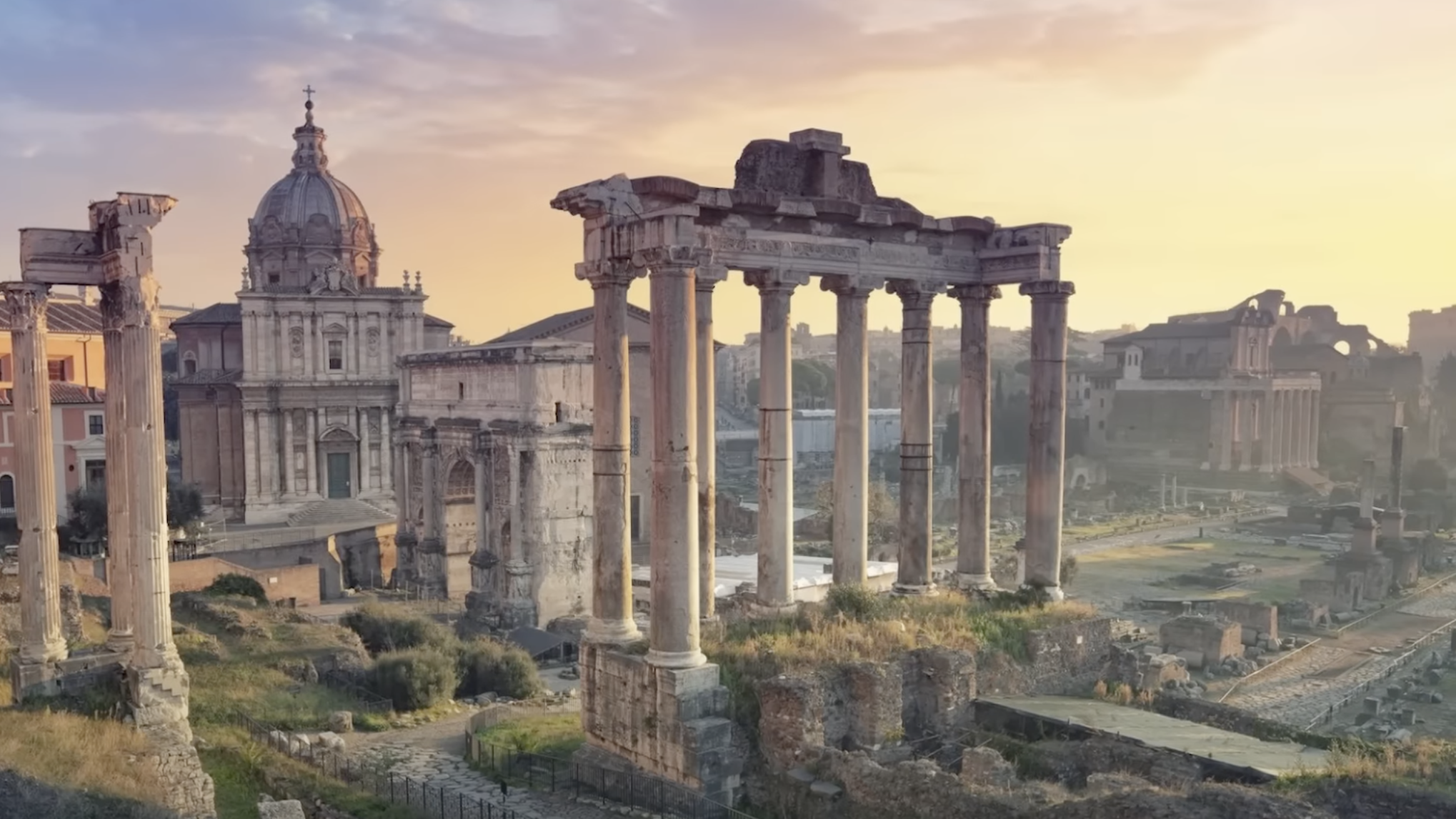
The aqueducts, cities and roads built by the Romans still stand as testaments to the might of the Empire, but they wouldn’t have been easy to build. The government pumped vast resources into these infrastructure projects, which also ensured that employment was available to anyone who wanted it.
Population density was actively managed
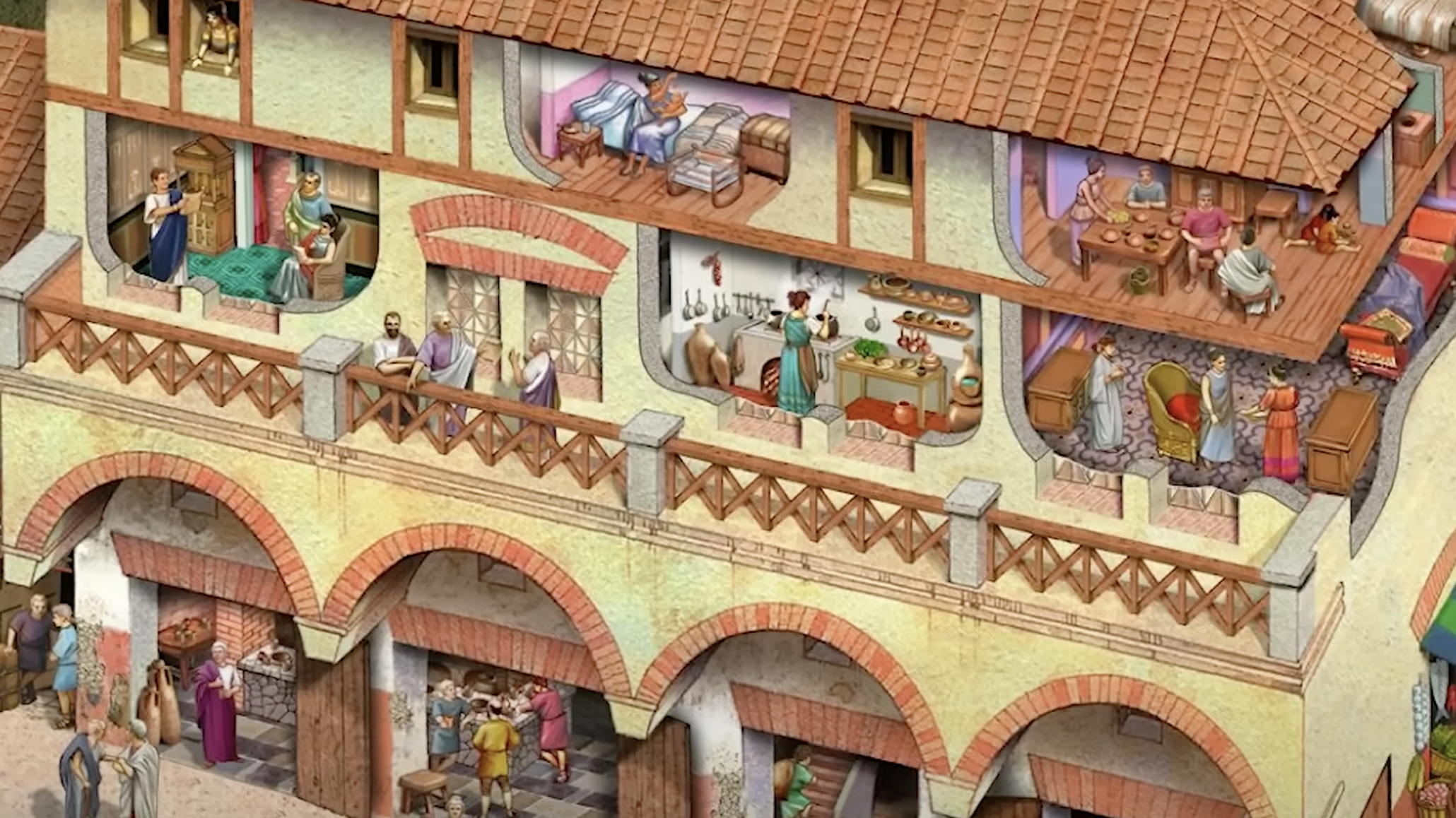
Population density is a major concern in many of the world’s largest cities. In Mumbai, for example, 21,000 people are packed into every square kilometer. In the Roman Empire, population density was carefully managed, resulting in an average density of about 20 people per square kilometer, despite the fact that the Empire boasted over 75 million citizens.
Participation in politics was encouraged
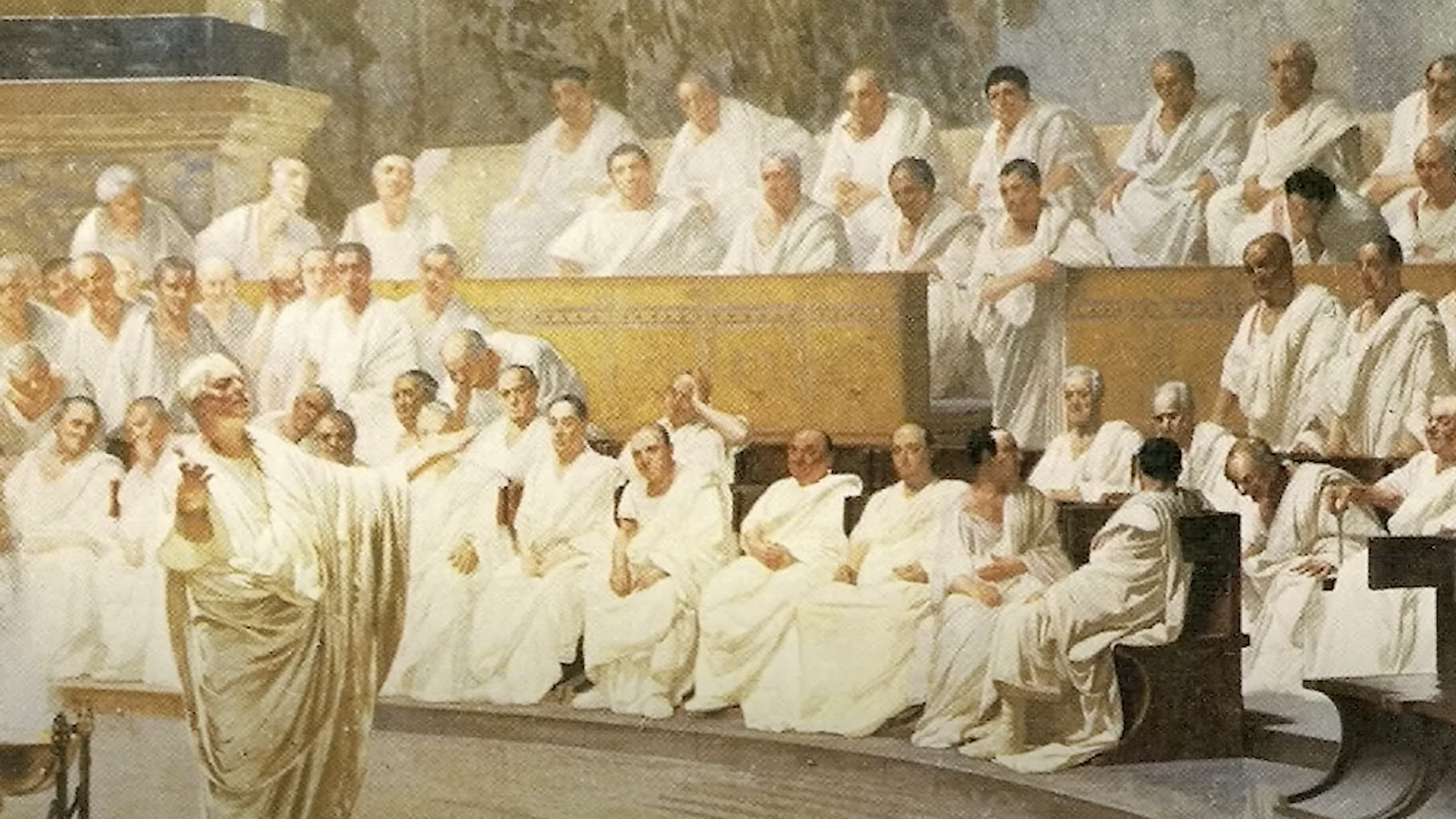
While the Romans are typically portrayed as having expanded their empire through military might, they also assimilated provinces by incorporating them into their politics and culture. Citizens in assimilated regions were afforded the same rights as Romans, and they were even encouraged to enter politics.
The Romans helped disaster-stricken regions
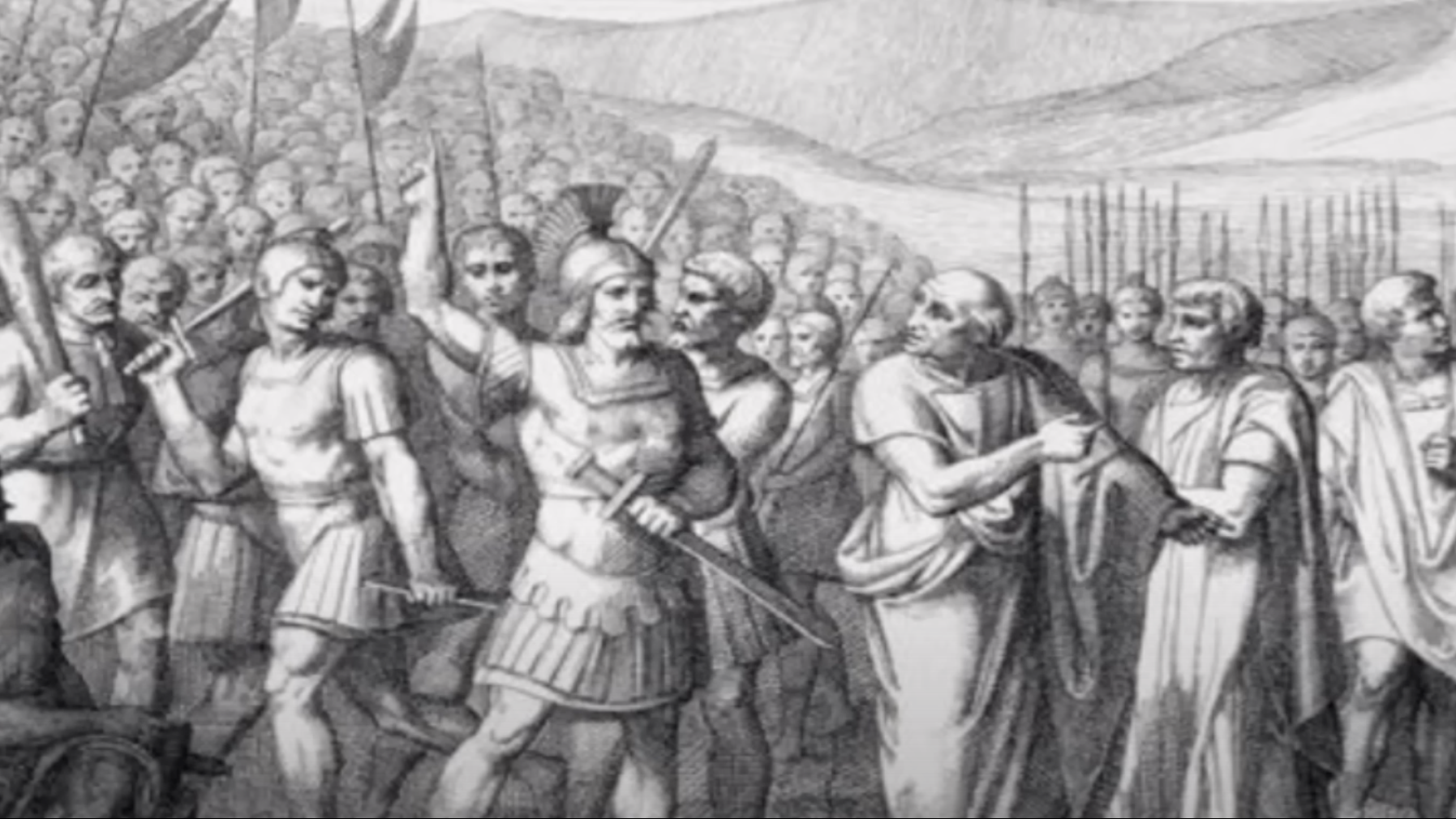
For the most part, Roman Emperors took their obligations to their citizens seriously. If a particular settlement or region had been struck by a natural disaster, the government would immediately dispatch troops to deliver aid, and resources would be pumped into the area to help it recover economically.